Power Grid

EWURA MEETS WITH LIBERIA ELECTRICITY REGULATORY COMMISSION TO DISCUSS COLLABORATION.
The Energy and Water Utilities Regulatory Authority (EWURA) met with a delegation from the Liberia Electricity Regulatory Commission (LERC) on 1st September 2025 at EWURA’s headquarters in Dodoma. The meeting focused on exchanging experiences and knowledge on electricity regulation, as well as discussing opportunities for collaboration to improve energy services for consumers in both countries.
- 3 months

GOVERNMENT FULFILLS PROMISE TO CONNECT KAGERA TO NATIONAL POWER GRID.
The government has launched a major project to connect Kagera Region to the national grid through a new 220kV transmission line and substation, ending reliance on power from Uganda. President Samia’s administration is also rolling out multiple large-scale energy projects nationwide to boost reliable electricity access.
- 3 months, 1 week

IRAN LAUNCHES 7,000 MW RENEWABLE ENERGY PLANT PROGRAM.
Iran is turning to renewable energy as a critical solution to meet its growing electricity demand, especially amid dwindling gas supplies and ongoing economic challenges such as U.S. sanctions.
- 4 months

OMAN'S NATURAL HYDROGEN SEES SIGNING OF DEAL.
Sohar Port and Free Zone has signed a Memorandum of Understanding (MoU) with Swiss company Heinat to explore and develop natural hydrogen resources in Oman.
- 4 months, 1 week

SOUTH AFRICA: RETURN OF KOEBERG UNIT 1 DELAYED A MONTH.
The planned return of Koeberg Nuclear Power Station’s Unit 1 has been delayed by one month, shifting its expected restart from July to the end of August 2025.
- 4 months, 1 week

UAE PARTICIPATES IN THE DEVELOPMENT OF ADVANCED NUCLEAR ENERGY SOLUTIONS IN THE UNITED STATES.
The United Arab Emirates (UAE) continues to make remarkable progress in the nuclear energy sector, drawing on its experience from developing and operating the Barakah Nuclear Power Plant — the first of its kind in the Middle East.
- 4 months, 1 week

ZAMBIA'S SOLAR SHIFT: LUAPULA 50MW SOLAR PV PLANT ON COURSE FOR DECEMBER TARGET.
Zambia is making significant strides toward its ambitious goal of generating 1,000 megawatts (MW) of solar electricity by the end of the year, a key effort to bridge the energy gap that has constrained the country’s economic growth.
- 4 months, 1 week

GHANA: ENERGY MINISTER LAUNCHES SCALING-UP RENEWABLE ENERGY PROGRAMME TO ELECTRIFY OFF-GRID COMMUNITIES.
The Government of Ghana has officially launched a landmark renewable energy project aimed at significantly expanding electricity access in some of the country’s most underserved communities.
- 6 months

ZAMBIA: ENERGY MINISTER LAUNCHES NEAT PROJECT TO EXPAND RURAL ELECTRIFICATION BY 20230.
Zambian Minister for Energy Makozo Chikote launched the National Energy Advancement Transformation (NEAT) project in Itezhi Tezhi District, reaffirming the government’s commitment to accelerating access to reliable and sustainable energy in rural communities.
- 6 months

NUCLEAR METAL: THE WORLD'S LARGEST URANIUM PRODUCER FINDS ITS WAY IN AN AFRICAN COUNTRY.
Kazakhstan, recognized as the world’s leading uranium producer, has entered into a strategic cooperation agreement with Rwanda, allowing it to import beryllium a vital mineral widely used in nuclear energy.
- 6 months, 1 week

NIGERIA: WARTSILA SELECTED TO DEVELOP 30 MW POWER PLANT PROJECT IN LAGOS.
Technology group Wärtsilä has been selected to supply power generation equipment for a new 30 MW power plant being set up on Victoria Island in Lagos by a Nigerian independent power producer (IPP), Victoria Island Power Ltd.
- 6 months, 1 week
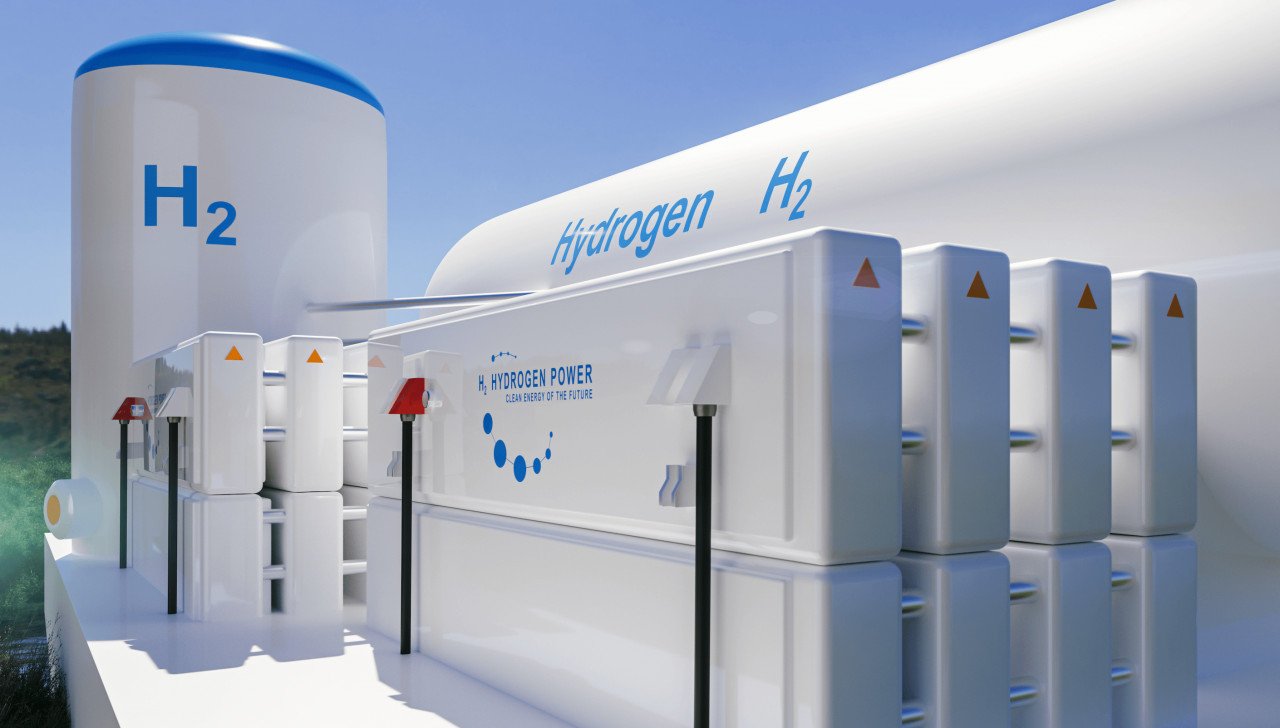
SOUTH AFRICA: ESKOM TAKES BOLD STEP TOWARDS GREEN HYDROGEN FUTURE.
South Africa’s power utility company, Eskom, is considering adding green hydrogen production to its energy portfolio.
- 6 months, 1 week

SIERA LEONE: MOYAMBA RESIDENTS SEE LIGHT AFTER 40 YEARS OF DARKNESS.
Residents of Moyamba Township in the Southern Province of Sierra Leone are in jubilant mood as the country’s President Julius Maada Bio turns on a solar-powered light to illuminate the area for the first time after living in darkness for about forty (40) years.
- 6 months, 2 weeks

GHANA: ECG CUTS POWER SUPPLY TO PARTS OF ACCRA DUE TO FLOODS.
The Electricity Company of Ghana (ECG) has reported widespread power outage in part of Accra, capital of Ghana, after torrential rains on Sunday, May 18, 2025.
- 6 months, 2 weeks
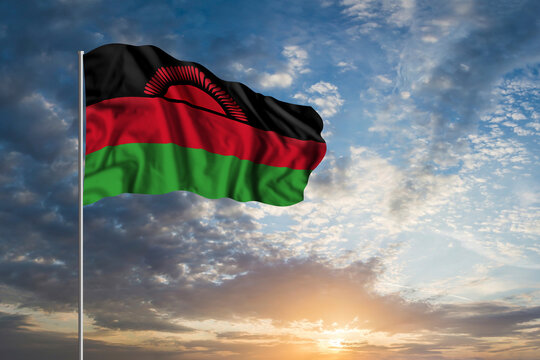
WORLD BANK GROUP GRANT FOR BIGGEST PROJECT IN MALAWI’S POWER PIPELINE.
The World Bank has approved a substantial $350 million grant to support Malawi's Mpatamanga Hydropower Storage Project (MHSP), marking a significant milestone in the nation's energy sector.
- 6 months, 2 weeks

SOUTH AFRICA: FLEXED TARGETS 1GW KHANYAZWE GAS-TO-POWER IPP.
The Khanyazwe Flexpower gas-to-power project, spearheaded by FlexED, is a significant initiative aimed at bolstering South Africa's energy infrastructure.
- 6 months, 3 weeks

A CHINESE NUCLEAR REACTOR RECORDS THE LONGEST OPERATING TIME.
A Chinese nuclear reactor has made headlines by setting a new national record for uninterrupted operation.
- 6 months, 4 weeks

MASSIVE HYDROGEN PROJECT IN SOUTH AUSTRALIA POSTPONED.
The cost of generating electricity from renewable sources such as solar and wind in South Australia has declined significantly, with current prices under A$30 (US$19.35) per megawatt-hour.
- 7 months

$19 BILLION NUCLEAR POWER DEAL SEIZED BY SOUTH KOREA.
South Korea is on the brink of finalizing a landmark $19 billion nuclear power deal, which is expected to significantly enhance its global profile as an exporter of nuclear reactor technologies for peaceful use.
- 7 months
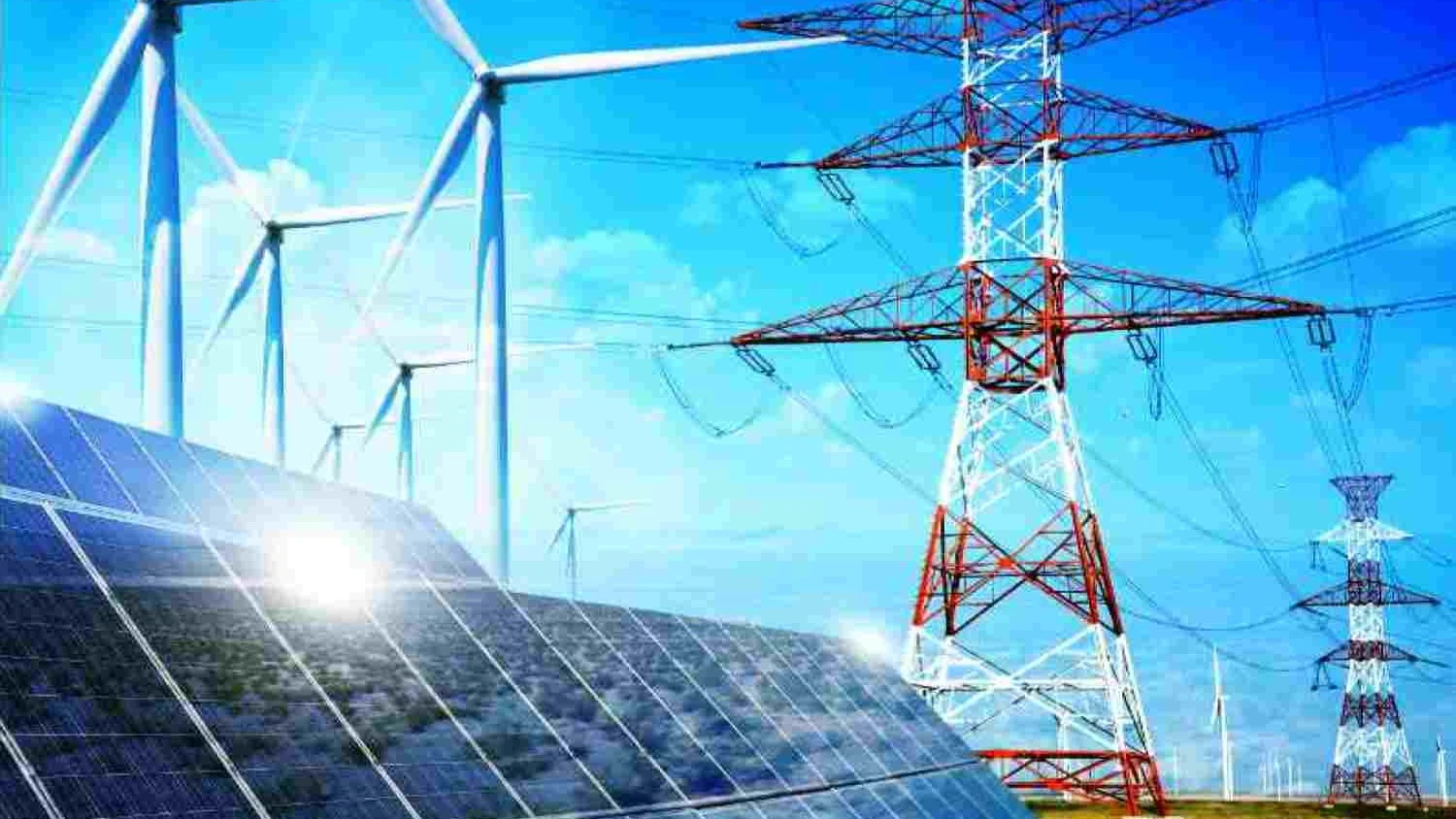
TANZANIA, EGYPT FOR STRONGER COOPERATION IN ENERGY SECTOR.
Tanzania and Egypt have reaffirmed their commitment to strengthening energy sector cooperation, focusing on projects like the Julius Nyerere Hydropower Project (JNHPP). Officials from both nations highlighted the project's success and pledged continued collaboration for future energy developments.
- 8 months, 2 weeks
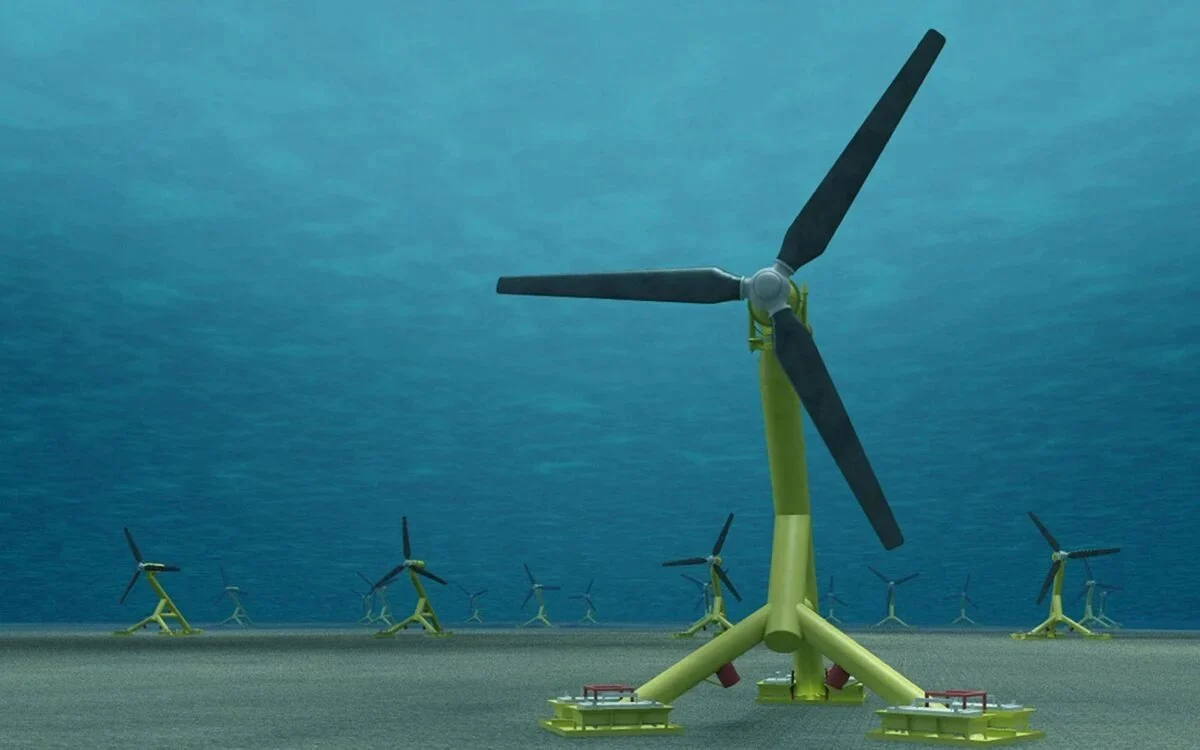
THE MOST POWERFUL TIDAL TURBINES IN THE WORLD.
The world's most powerful tidal turbine project is nearing the start of its construction phase, thanks to financial backing from the European Union.
- 8 months, 2 weeks
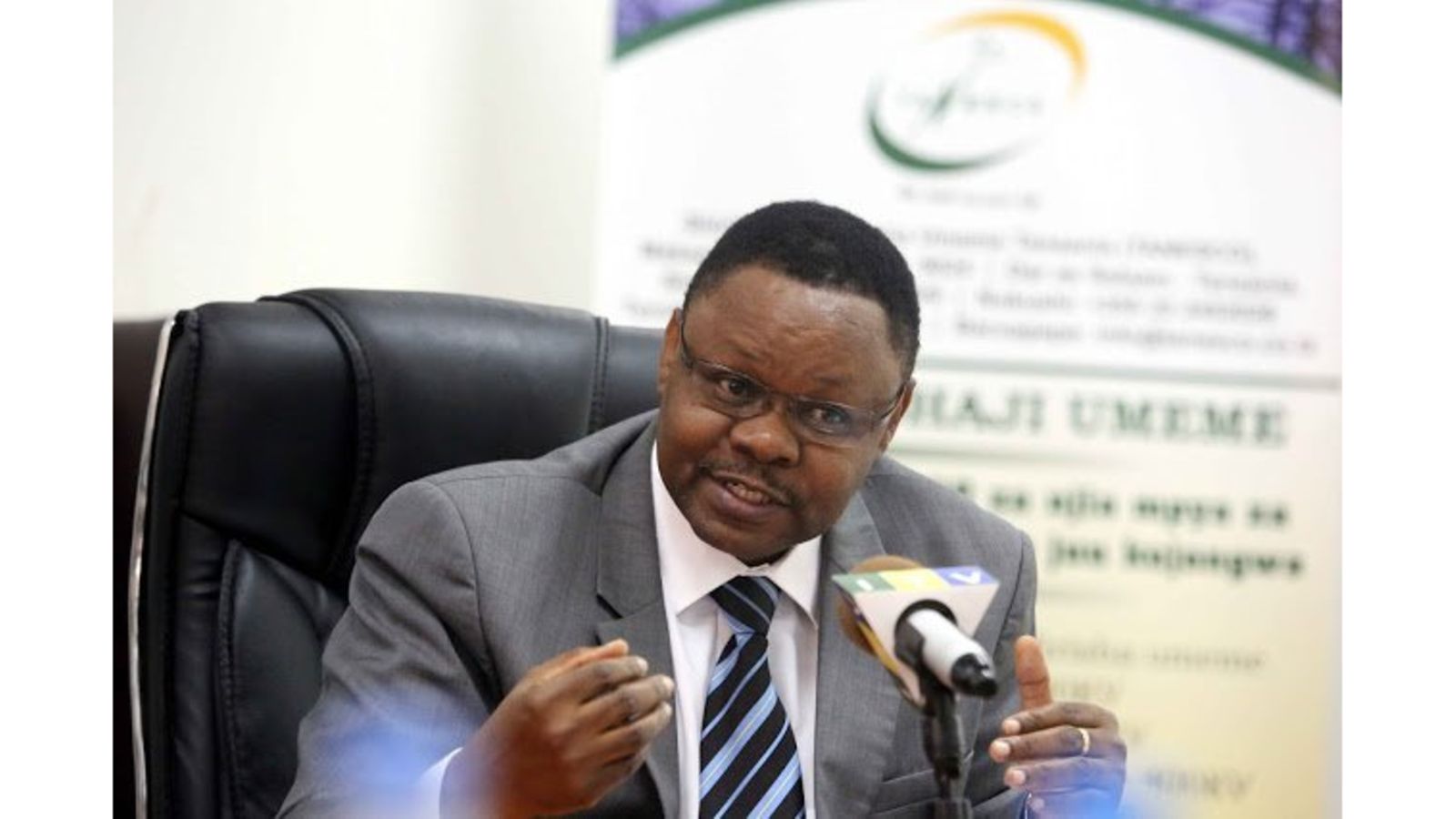
TANZANIA EXPLAINS PURCHASE OF ELECTRICITY FROM ETHIOPIA THROUGH KENYA BORDER.
Tanzania is purchasing electricity from Ethiopia via Kenya to enhance its regional energy collaboration, with plans to both buy and sell electricity depending on demand. This arrangement complements Tanzania's growing energy infrastructure, including the nearly completed Julius Nyerere Hydroelectric Dam, which supports the country's electricity needs.
- 8 months, 3 weeks
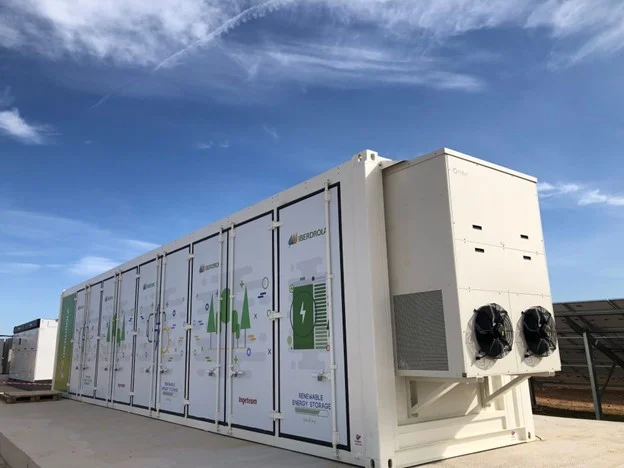
ELECTRICITY STORAGE IN 3 COUNTRIES TOPS EUROPEAN INVESTORS' CONCERNS.
Battery storage markets in Europe, particularly in Italy, Britain, and Germany, are currently attracting significant investor interest due to the size and potential of projects in these countries.
- 8 months, 4 weeks
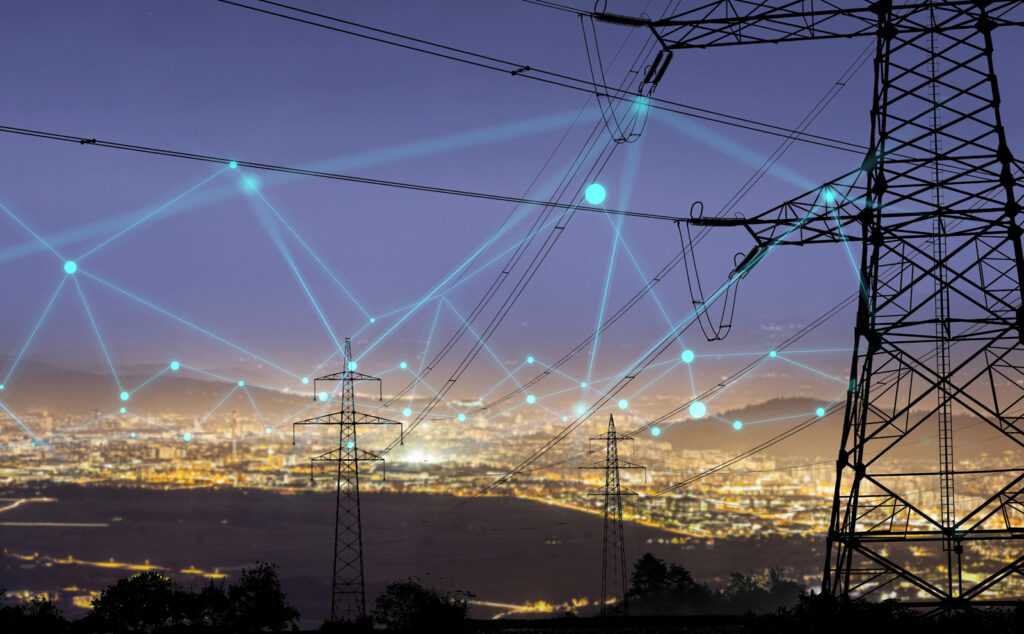
75MW NET-METERED INTO NATIONAL POWER GRID.
Zimbabwe has integrated 75MW of net-metered solar power into the national grid, with the government urging more investments in solar energy. Recent policy changes now allow individuals and businesses to feed up to 5MW of excess solar power into the grid, boosting renewable energy adoption.
- 9 months, 1 week

SHARE OF RENEWABLE ENERGY IN MOROCCO'S ELECTRICITY MIX RISES TO 24%.
Morocco's electricity mix has experienced significant progress over the past year, with a notable increase in the share of renewable energy and a decline in coal's dominance.
- 9 months, 1 week
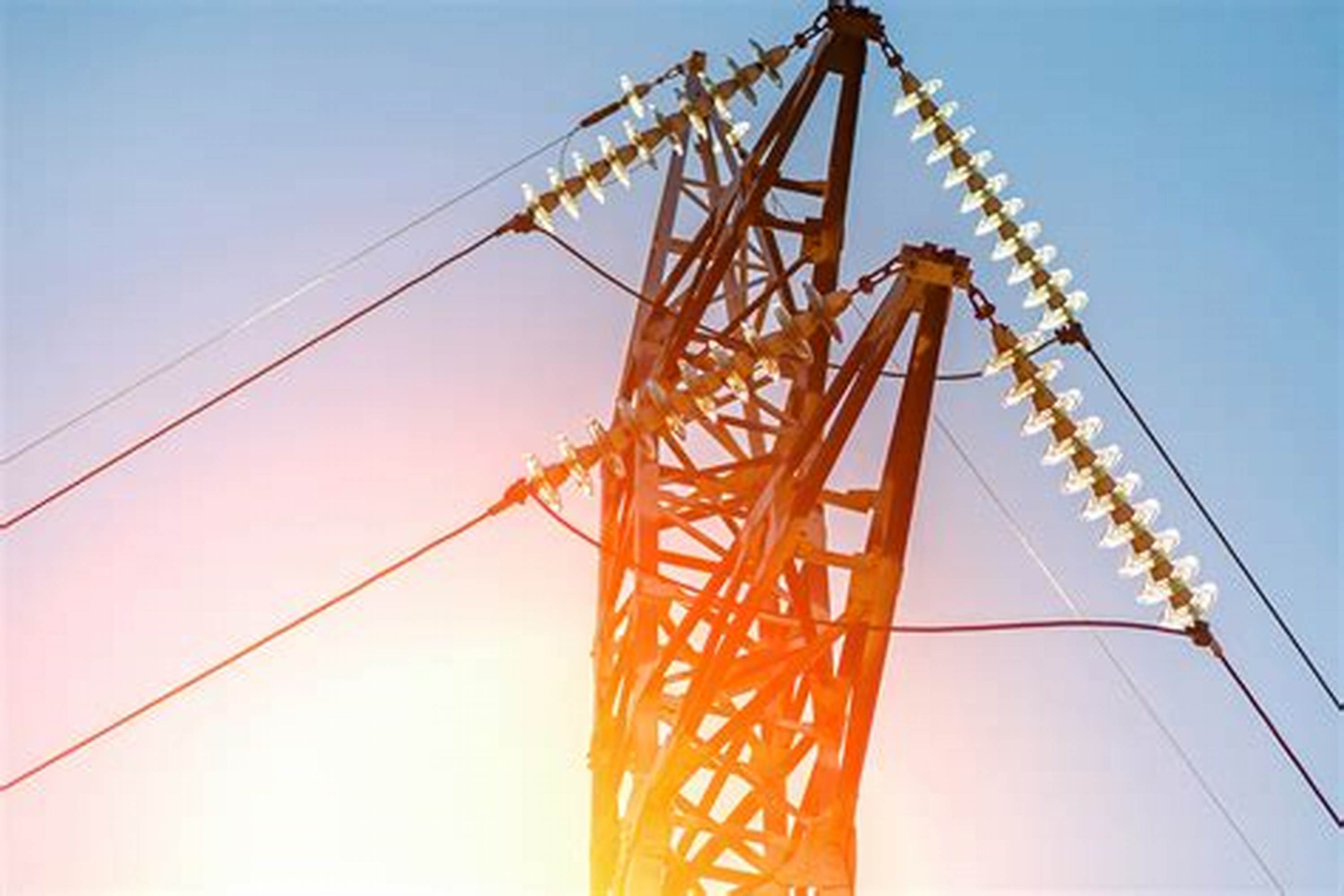
GLOBAL ELECTRICITY DEMAND TO GROW BY 4% THROUGH 2027, IEA SAYS.
Global electricity demand is set to rise significantly through 2027, driven primarily by emerging economies like China and India, while advanced economies see shifts due to electrification. The expansion of low-emissions energy sources, particularly renewables and nuclear, is expected to keep pace with demand, reducing reliance on coal.
- 9 months, 3 weeks

NEW GIANT WIND PROJECT GETS GREEN LIGHT IN AUSTRALIA.
A significant wind project in New South Wales (NSW), Australia, has received approval from the state government, signaling a boost to the region's sustainable economic goals.
- 9 months, 3 weeks
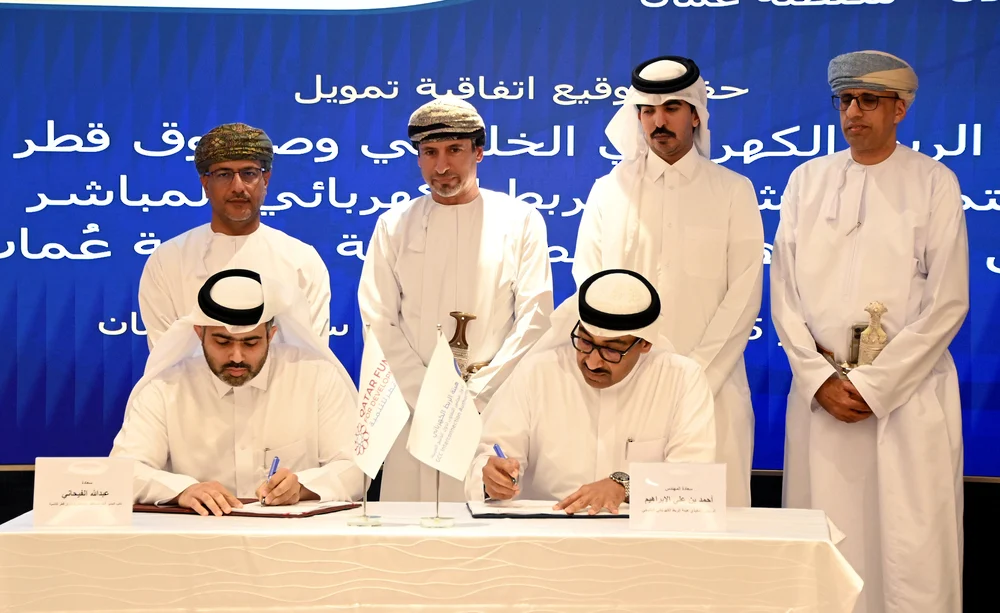
QATAR FUNDS NEW GULF ELECTRICITY INTERCONNECTION PROJECT WITH OMAN.
Qatar has pledged to provide up to $100 million in funding to support the Gulf Interconnection Authority's new project with Oman, which aims to enhance energy security across the region.
- 9 months, 3 weeks

SLOWLY BUT SURELY: TANZANIA’S JOURNEY TO NUCLEAR PROSPERITY.
Tanzania is leveraging its abundant uranium reserves to develop nuclear energy as a sustainable and reliable power source, aiming to boost energy security and industrial growth. With government commitment, international partnerships, and capacity-building initiatives, the country is positioning itself as a leader in Africa’s clean energy transition.
- 10 months
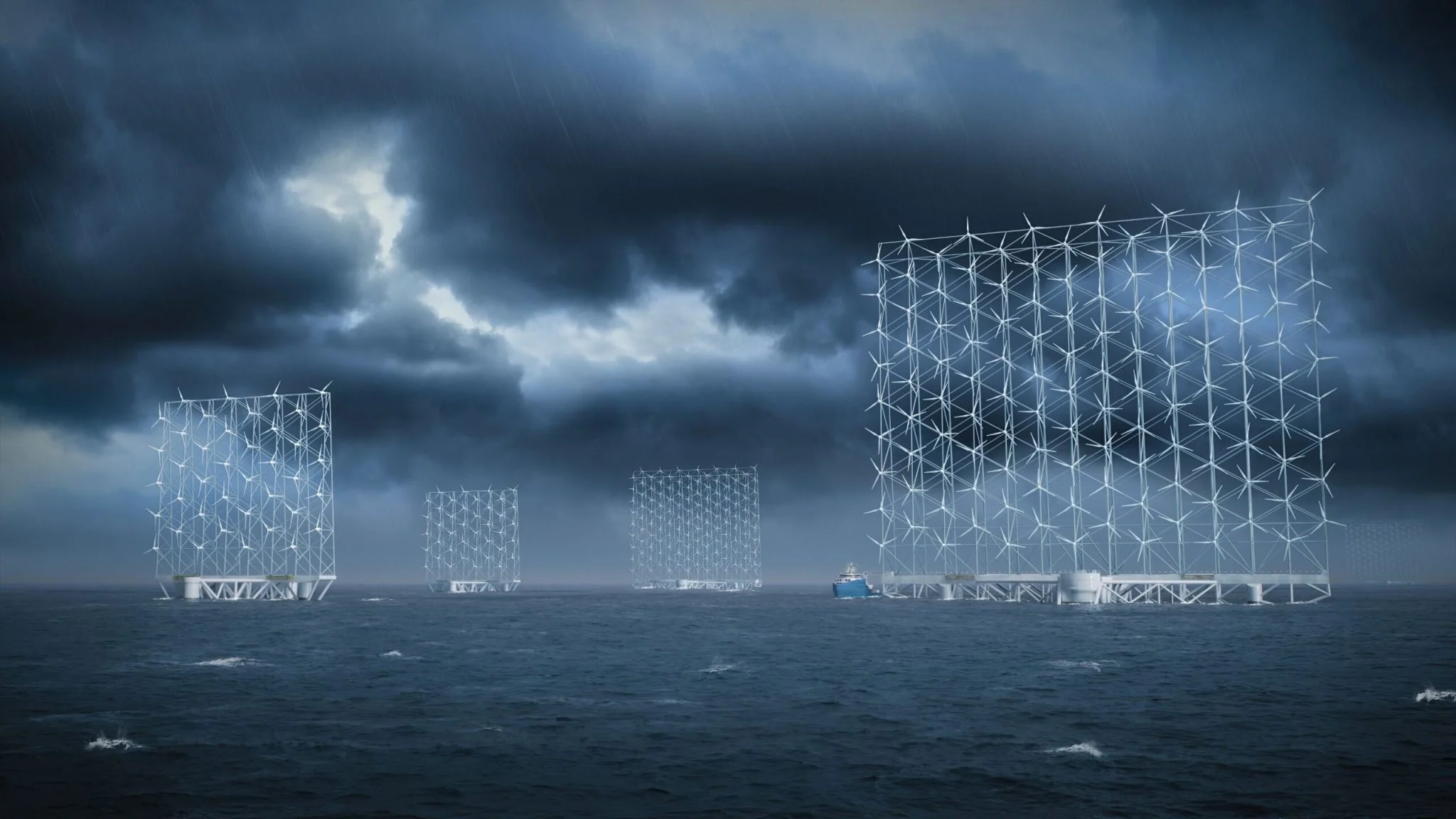
NORWAY: THE FIRST WALL OF A FLOATING OFFSHORE WIND TURBINE TO APPEAR FOR THE FIRST TIME IN THE WORLD.
Norway's first pilot site for floating offshore wind turbines has received significant funding for its development, marking a major milestone for the country's renewable energy efforts.
- 10 months

TOTALENERGIES WILL SUPPLY 1.5 TWH TO STMICROELECTRONICS IN FRANCE OVER 15 YEARS.
TotalEnergies has signed a 15-year agreement to supply STMicroelectronics in France with 1.5 TWh of renewable electricity from wind and solar farms, starting in 2025. This deal supports STMicroelectronics’ goal of achieving carbon neutrality in its operations by 2027 through 100% renewable energy sourcing.
- 10 months, 1 week
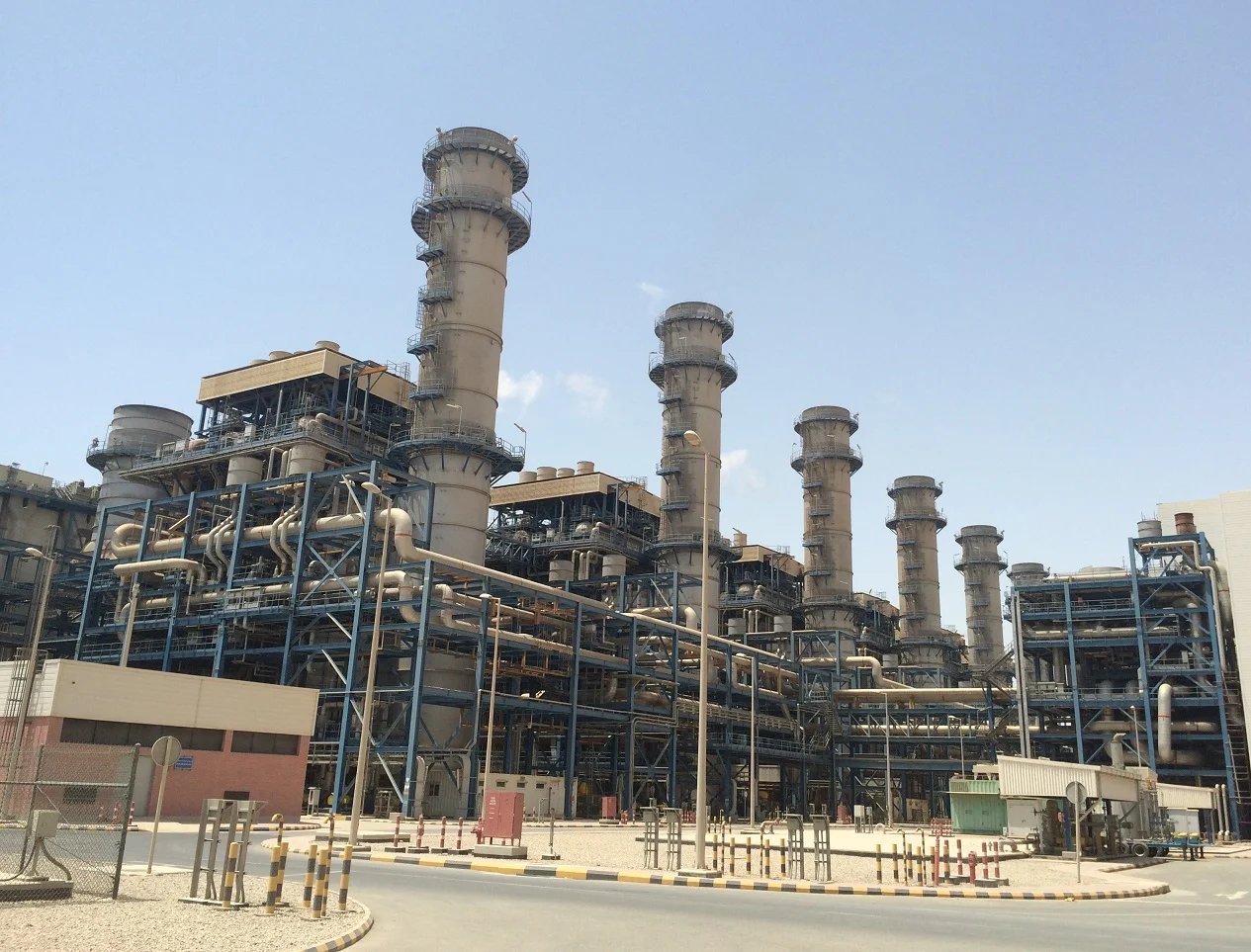
KUWAIT SIGNS MOU TO BUILD MEGA POWER PLANT.
Kuwait has recently signed a memorandum of understanding (MOU) with two international companies, AB Transco and its strategic partner General Electric Vernova, to construct a large-scale power plant.
- 10 months, 1 week

SOLAR ENERGY IN PALESTINE WITNESSING IMPORTANT DEVELOPMENT.
Solar energy in Palestine is making substantial strides towards achieving its renewable energy goals, positioning the country on track to meet its 2030 objectives.
- 10 months, 2 weeks

EUROPE-AFRICA HYDROGEN CORRIDOR SEES IMPORTANT ACTION WITH ALGERIA AND TUNISIA.
The Southern Hydrogen Corridor project, aimed at connecting North Africa with Europe, marked a significant milestone on Tuesday, January 21, 2025, with a key development that will accelerate the implementation of this ambitious initiative.
- 10 months, 2 weeks

TANZANIA:POWER GENERATION CAPACITY REACHES 3,091.71 MEGAWATTS - HON. KAPINGA
TANESCO connected 109,918 new customers to electricity between September and December 2024, bringing the total to 5,225,193, thanks to improved infrastructure and increased generation capacity from projects like JNHPP. The Parliamentary Energy Committee commended TANESCO for enhancing power production, transmission, and distribution systems nationwide.
- 10 months, 2 weeks
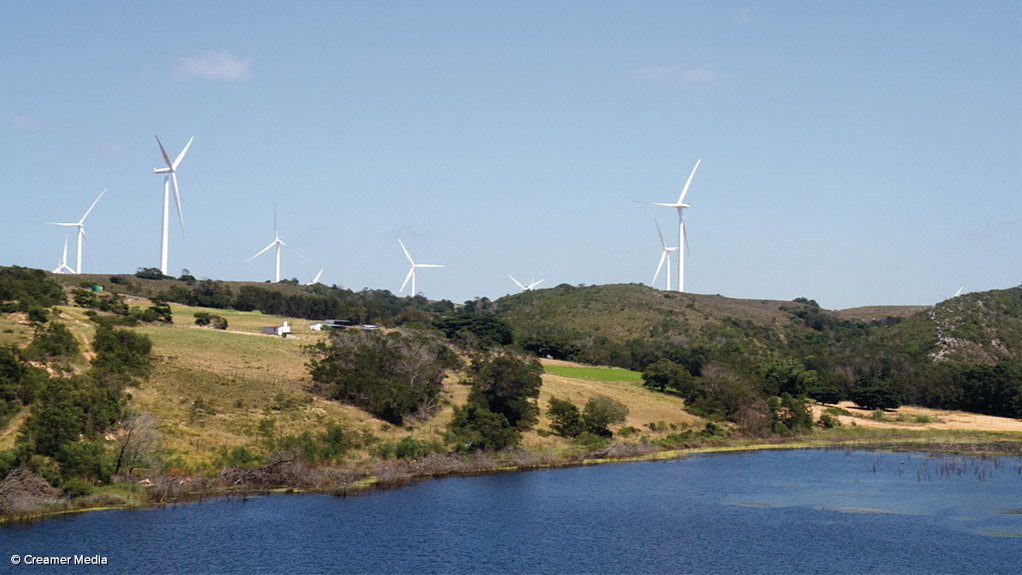
WORLD BANK SETS TERMS FOR AFRICA TO WIN $40BN IN POWER FINANCE.
The World Bank and African Development Bank (AfDB) have launched Mission 300, a $40 billion initiative to provide electricity to 300 million Africans by 2030, focusing on renewable energy and private sector involvement. Participating countries must implement reforms to attract investment, ensure cost-effective power generation, and develop universal energy access plans.
- 10 months, 2 weeks
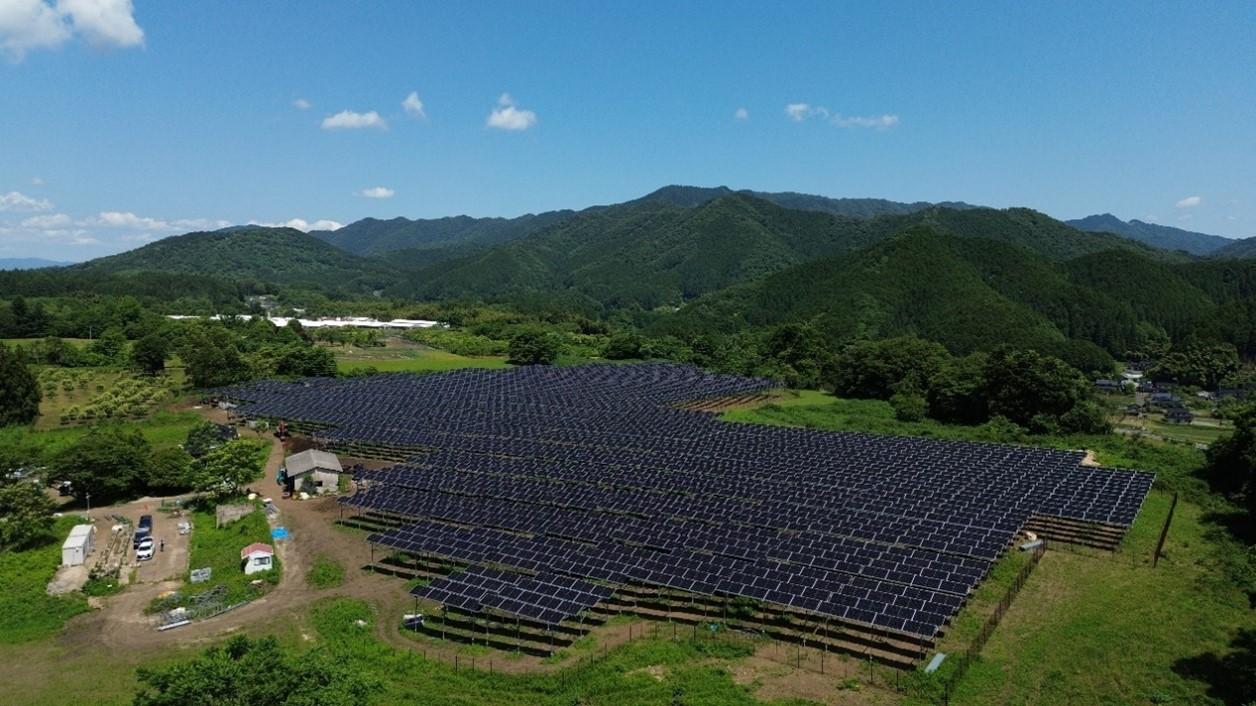
CHINA: A NEW WORLD RECORD IN SOLAR POWER GENERATION EFFICIENCY.
Heterojunction (HJT) solar panels, powered by innovative technology, have once again garnered attention after achieving a new world record for solar power generation efficiency at an impressive 25.44%.
- 10 months, 3 weeks

INDIA'S GREEN HYDROGEN REBOUNDS WITH $22 BILLION INVESTMENT.
Investments in India’s green hydrogen sector are rapidly gaining traction, with a significant new development marking a major milestone.
- 10 months, 3 weeks

CHINA: DEVELOPMENT OF THE WORLD'S MOST POWERFUL ONSHORE WIND TURBINE.
A Chinese company, Windey Energy, has announced plans to develop the world’s most powerful onshore wind turbine, marking a significant milestone in the global energy transition.
- 11 months

TANZANIA REVELS ON RURAL ELECTRIFICATION SUCCESS.
Tanzania is on track to provide electricity to all villages by the end of this year, with 99.7 percent of villages already connected, boosting economic activities and key sectors like education and healthcare. The government's investments in alternative energy and local production of energy-related equipment are enhancing electricity access, with clean cooking energy and major hydropower projects contributing to the nation's growth.
- 11 months

AIRPORTS AROUND THE WORLD ARE GOING GREEN.
Airports worldwide are increasingly turning to renewable energy sources, such as solar power, as part of their efforts to reduce carbon emissions and support global decarbonization goals.
- 11 months, 1 week

FRANCE'S MOST POWERFUL NUCLEAR REACTOR TO OPERATE AFTER 12 YEARS DELAYED.
France's most powerful nuclear reactor, the Flaman Ville 3, has officially begun operations after a 12-year delay caused by a series of technical challenges.
- 11 months, 2 weeks
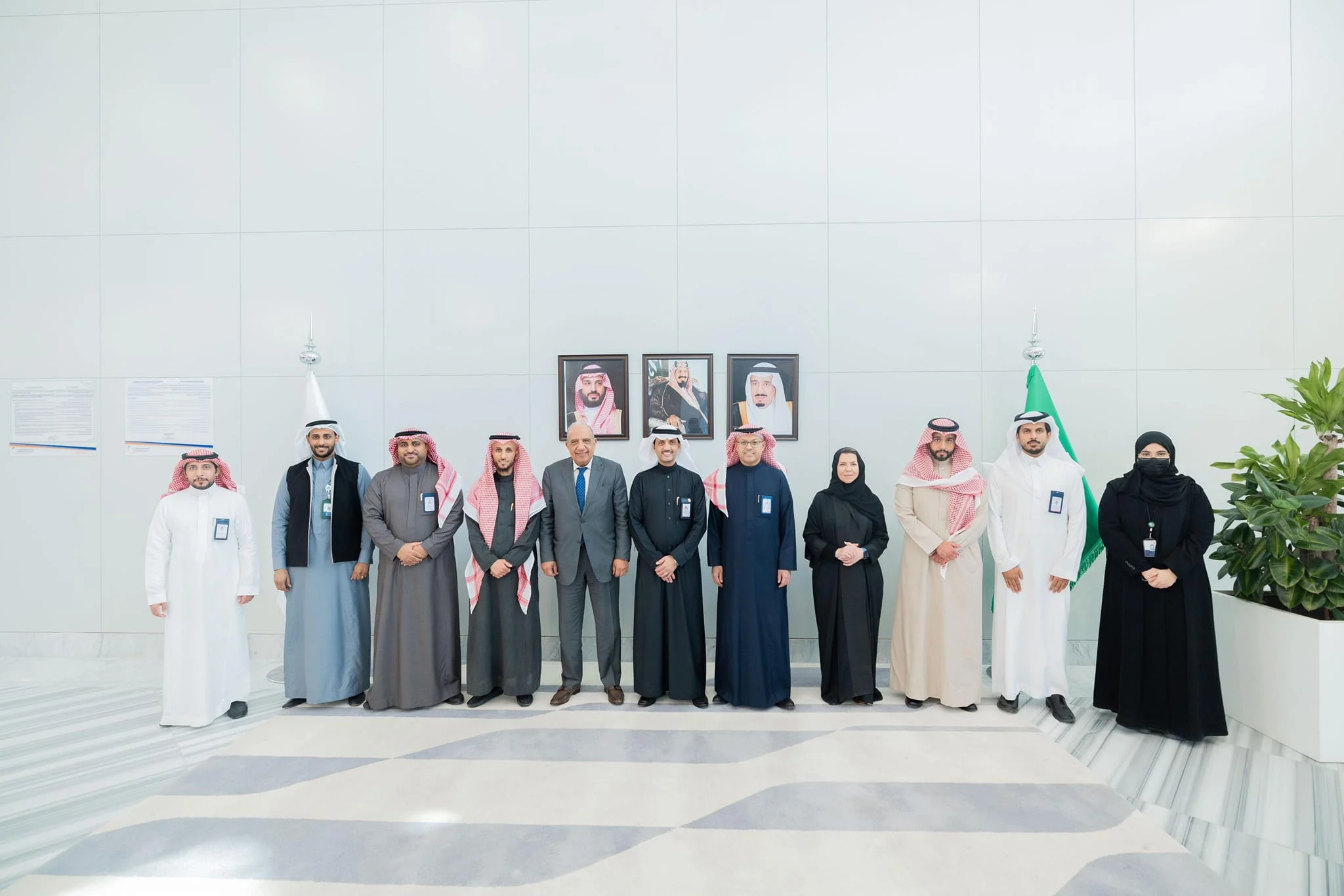
EGYPTIAN MINISTER OF ELECTRICITY REVEALS THE DATE OF OPERATION OF THE INTERCONNECTION PROJECT WITH SAUDI ARABIA.
Egyptian Electricity Minister Mahmoud Esmat recently revealed the timeline for the long-anticipated electrical interconnection project with Saudi Arabia, a key initiative aimed at supporting Egypt's efforts to meet its growing domestic energy demands.
- 11 months, 2 weeks
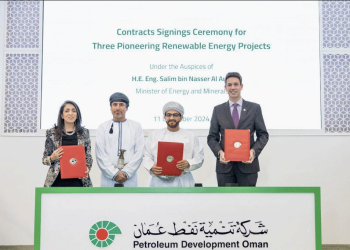
TOTALENERGIES AND OQAE SIGN AGREEMENTS TO DEVELOP 300 MW OF RENEWABLE PROJECTS.
TotalEnergies and OQ Alternative Energy have signed agreements to develop 300 MW of renewable energy projects in Oman, including solar and wind farms, which will provide long-term renewable electricity to Petroleum Development Oman (PDO). These projects align with Oman’s Vision 2040 and support PDO’s decarbonization goals, contributing to the country’s energy transition.
- 11 months, 2 weeks

LAUNCH OF THE LARGEST WIND STATION IN CENTRAL ASIA IN PARTNERSHIP WITH THE UNITED ARAB EMIRATES.
Uzbekistan has officially commenced operations at the largest wind farm in Central Asia, marking a significant milestone in the country's renewable energy sector.
- 11 months, 3 weeks

SAUDI ELECTRICITY COMPANY SIGNS USD 3.6 BILLION FINANCING DEAL WITH 13 BANKS.
On Thursday, December 12, 2024, the Saudi Electricity Company secured a $3.6 billion (13.5 billion riyals) joint international financing agreement with a group of global and regional banks.
- 11 months, 3 weeks

EASTERN AFRICAN COUNTRIES TO BUY, SELL ELECTRICITY FROM EACH OTHER IN NEW PLAN.
The Eastern Africa Power Pool (EAPP) will launch a day-ahead market in early 2025, enabling Eastern African countries to buy and sell electricity across borders, improving efficiency and price transparency. This initiative aims to connect 600 million people to clean energy by 2030, while potentially lowering power tariffs and optimizing regional energy resources.
- 11 months, 3 weeks

FRANCE'S TOTALENERGIES HALTS NEW INVESTMENTS IN ADANI GREEN ENERGY.
France's TotalEnergies announced that it will not pursue new investments in Adani Green Energy Limited (AGEL) until Indian billionaire Gautam Adani, the company’s principal owner, addresses allegations of corruption raised in the United States.
- 1 year
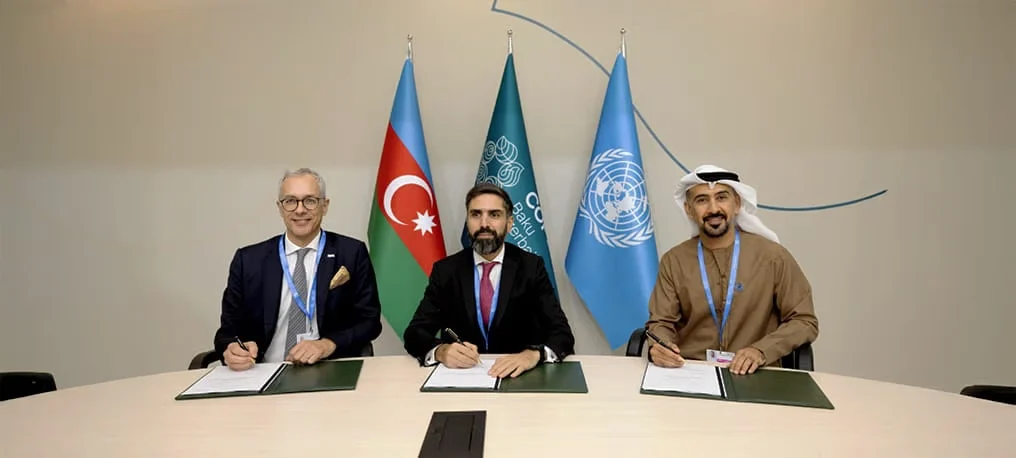
OFFSHORE WIND ENERGY IN AZERBAIJAN ATTRACTS 3 COMPANIES.
Azerbaijan's offshore wind energy sector is gaining momentum with the involvement of three companies specializing in green energy projects.
- 1 year
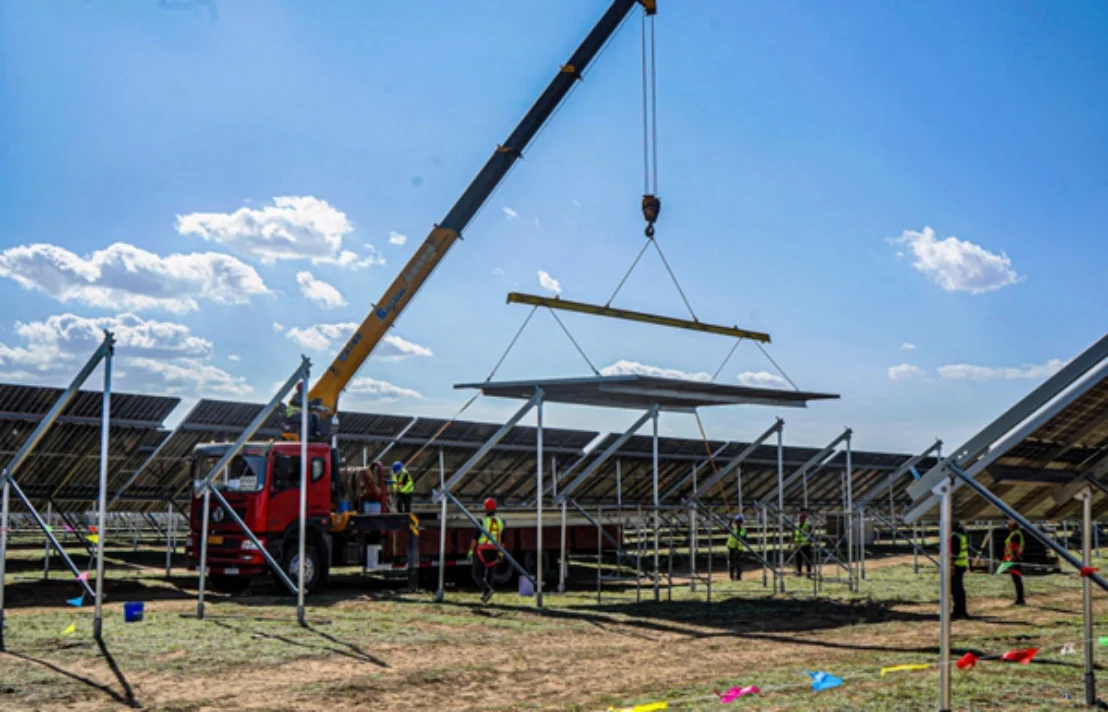
WORLD'S SECOND LARGEST SOLAR POWER PLANT STARTS OPERATIONS.
The world's second-largest solar power plant has officially begun operations, marking a significant advancement in global energy sustainability, Located in China.
- 1 year
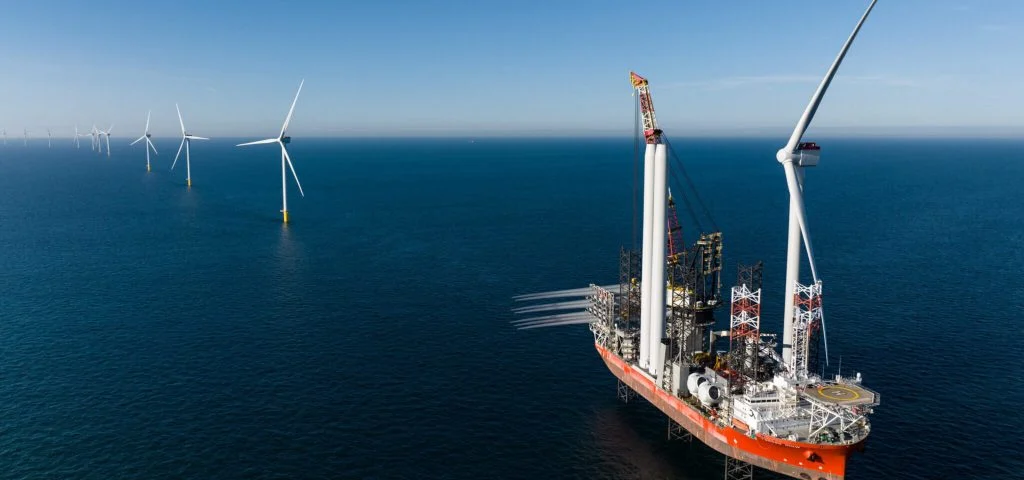
NETHERLANDS: A FLOATING SOLAR FARM IS PREPARING FOR INSTALLATION IN 2025.
The Netherlands is preparing to initiate the installation of the largest floating solar farm in the North Sea in 2025, as part of its strategy to enhance renewable energy projects and meet the rising demand for electricity.
- 1 year, 1 month
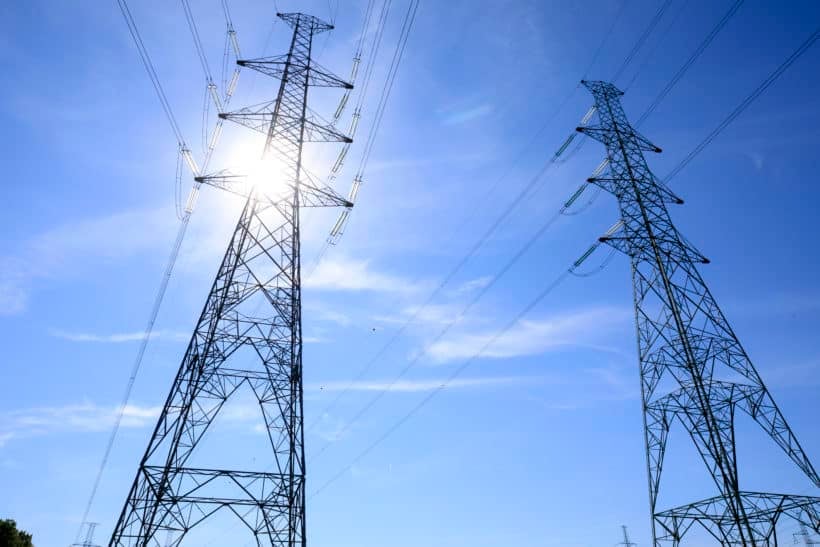
TANZANIA BUILDING GRID INTERCONNECTOR WITH ZAMBIA TO HELP MITIGATE POWER CRISIS.
Tanzania is constructing a grid interconnector with Zambia to help alleviate a drought-driven power crisis, with the project expected to take 36 months to complete. Additionally, the government is negotiating a host agreement for the $42 billion Tanzania LNG export plant, aiming to ensure fair benefits for all parties involved.
- 1 year, 1 month

BP REDUCES INVESTMENT IN OFFSHORE WIND POWER.
British oil company BP is scaling back its involvement in renewable energy projects as it refines its 2020 strategy, shifting its focus back to oil and gas.
- 1 year, 1 month
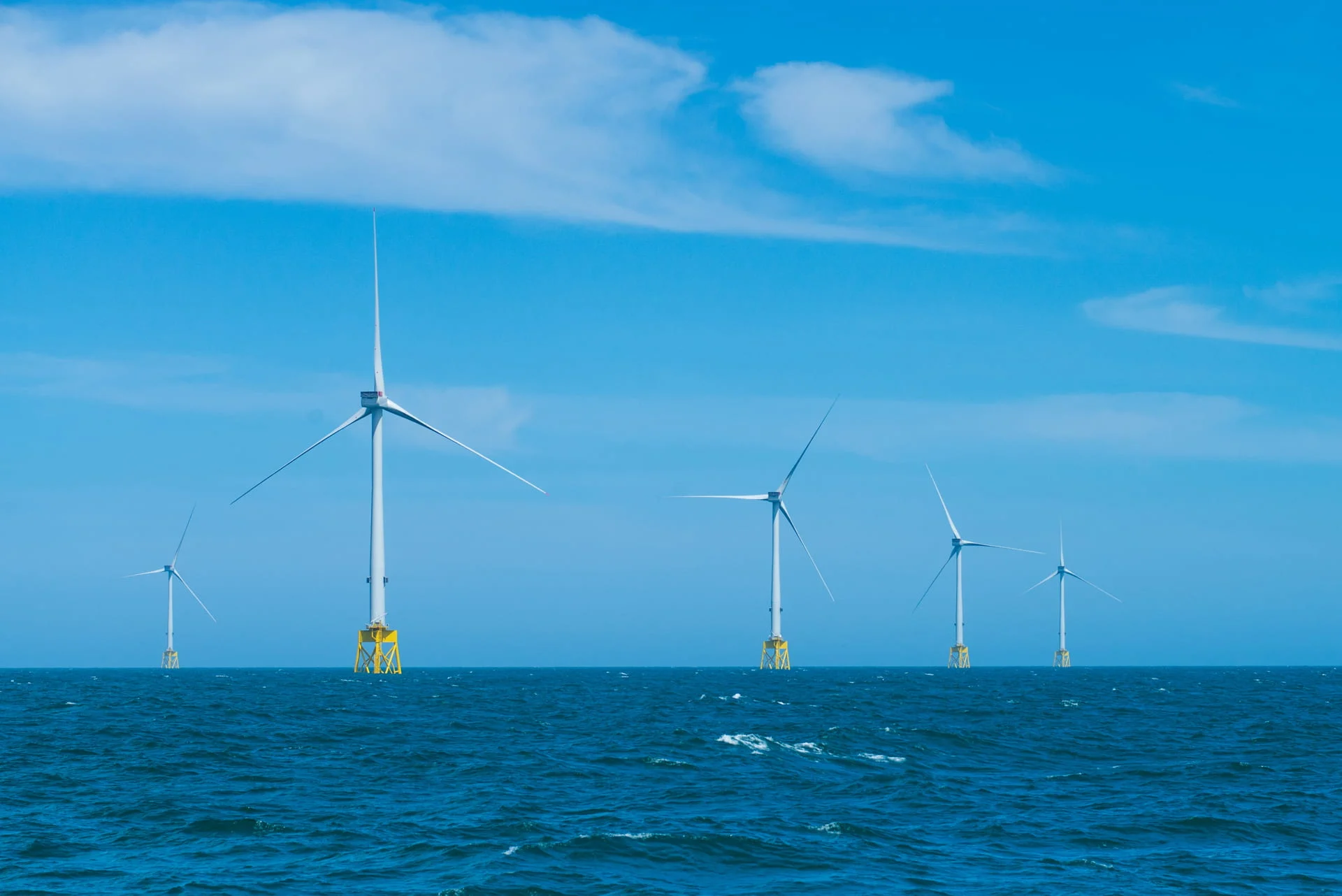
BRAZIL'S OFFSHORE WIND SECTOR SEES SENSORS INSTALLED.
Petrobras, Brazil's state-owned oil company, is advancing offshore wind power projects as part of its strategy to diversify renewable energy sources and complement the country's solar energy capacity.
- 1 year, 1 month
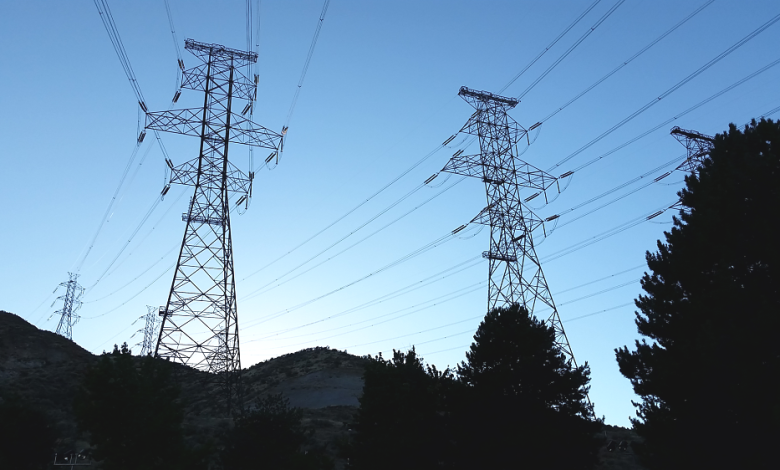
TANZANIA EYES FIRST PPP POWER TRANSMISSION PROJECT.
Tanzania is in talks with two foreign companies to develop $1.2 billion in Public-Private Partnership (PPP) power transmission projects, marking a significant shift from state control. This initiative aims to enhance electricity access and quality while overcoming regulatory challenges in the energy sector.
- 1 year, 1 month

TANZANIA: ADANI GROUP PLANS TO INVEST $900 MILLION IN TANZANIA POWER LINES.
Tanzania is negotiating a $900 million public-private partnership with the Adani Group to develop high-voltage electricity lines, alongside a $300 million project with UK-based Gridworks Development Partners. As Tanzania emerges as a key economic hub in East Africa, these investments highlight its growing appeal to international investors and the potential for enhanced infrastructure development.
- 1 year, 2 months

TANZANIA'S VISION: HOSTING KEY AFRICAN ENERGY CONFERENCE TO TRANSFORM POWER ACCESS.
Tanzania will host a significant African energy conference in January 2025, aiming to raise $190 billion to provide electricity to 300 million people by 2030, particularly in rural areas. With support from major financial institutions and the government, the conference seeks to foster collaboration and innovative solutions for sustainable energy development across the continent.
- 1 year, 2 months
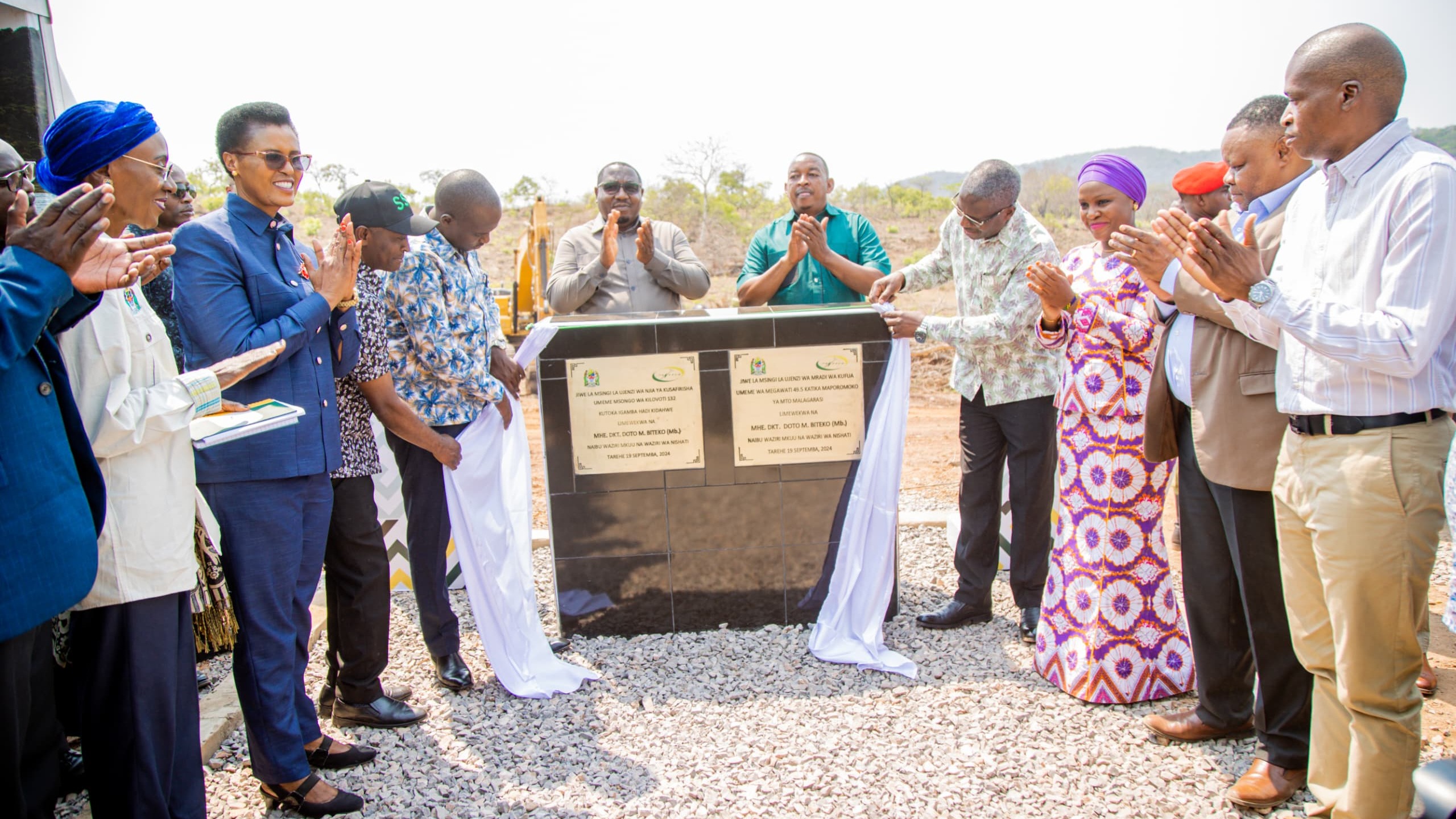
TANZANIA: DR. BITEKO ORDERS KIGOMA TO BE CONNECTED TO THE NATIONAL GRID BY 2025.
Tanzanian Deputy Prime Minister Dr. Doto Biteko has ordered the swift connection of Kigoma to the national grid by the end of 2024 to eliminate dependence on diesel generators and improve electricity access. During this initiative, he also highlighted substantial investments in energy projects and local infrastructure to support the region's development.
- 1 year, 2 months
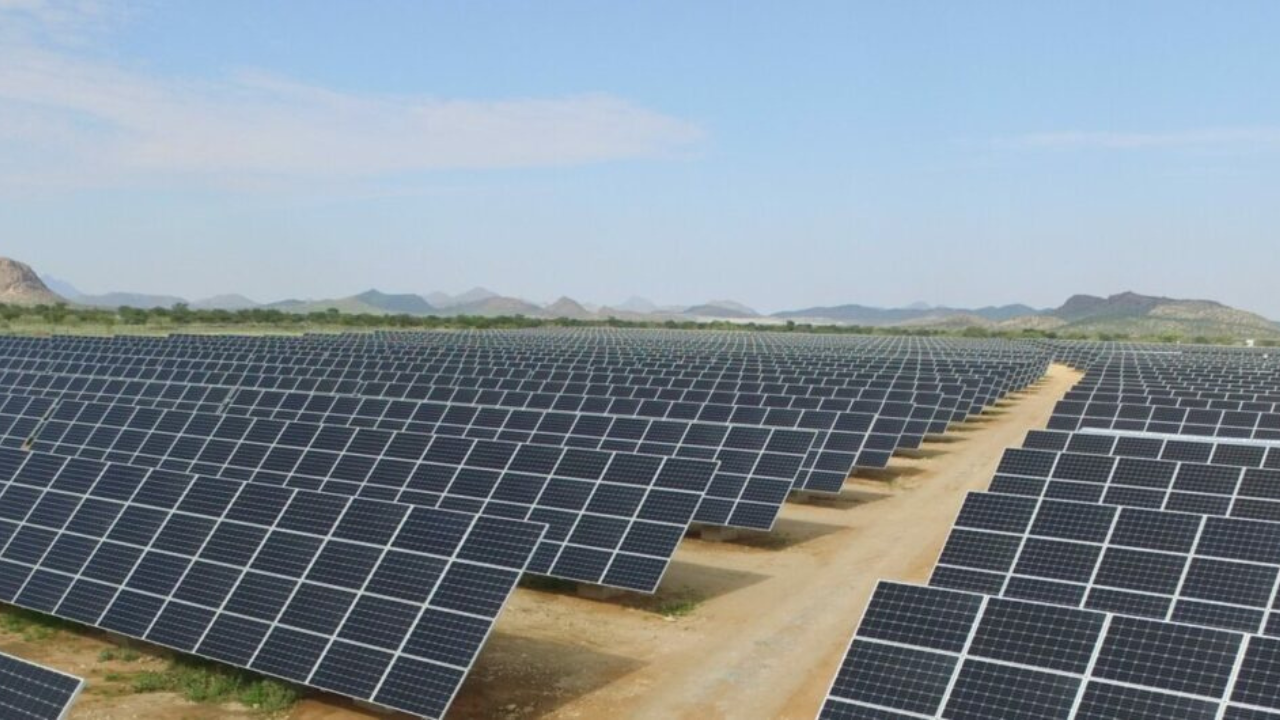
NAMIBIA'S LARGEST SOLAR POWER PLANT USES CHINESE TECHNOLOGIES.
Namibia's largest solar power plant project has reached a significant milestone, boosting the country's clean electricity generation capacity and reducing its dependence on imported power.
- 1 year, 2 months

TANZANIA: MINISTRY OF ENERGY URGED TO CONTINUE OVERSEEING THE JNHPP PROJECT.
The Parliamentary Standing Committee on Energy and Minerals has urged the Ministry of Energy to continue closely supervising the Julius Nyerere Hydropower Project (JNHPP) to ensure its timely completion.
- 1 year, 2 months
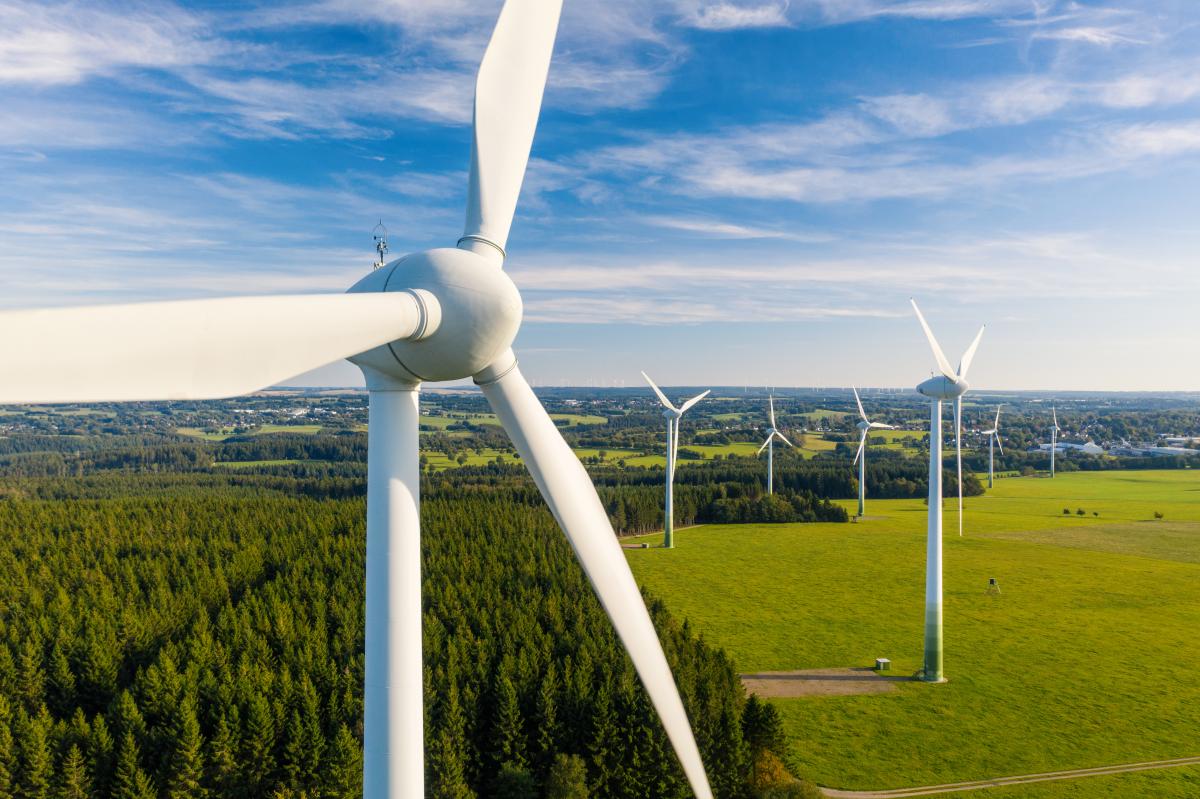
US: MANUFACTURE OF WIND TURBINE BLADES FROM SUGAR.
Researchers at the U.S. National Renewable Energy Laboratory (NREL) have developed a new technology that makes wind turbine blades easier to recycle.
- 1 year, 3 months
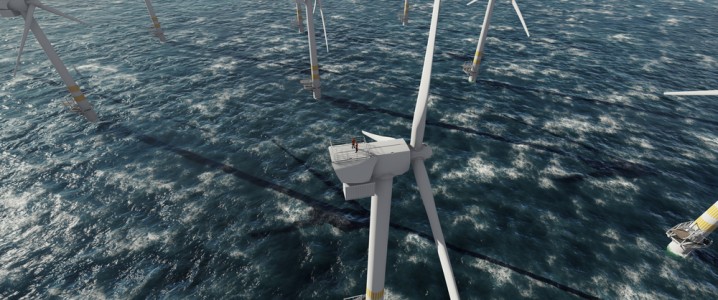
UK'S $5.6 BILLION ELECTRICITY 'SUPERHIGHWAY' GETS GREEN LIGHT.
The UK's energy regulator, Ofgem, has approved a $5.6 billion subsea cable project to transport renewable energy from Scotland to England.
- 1 year, 3 months
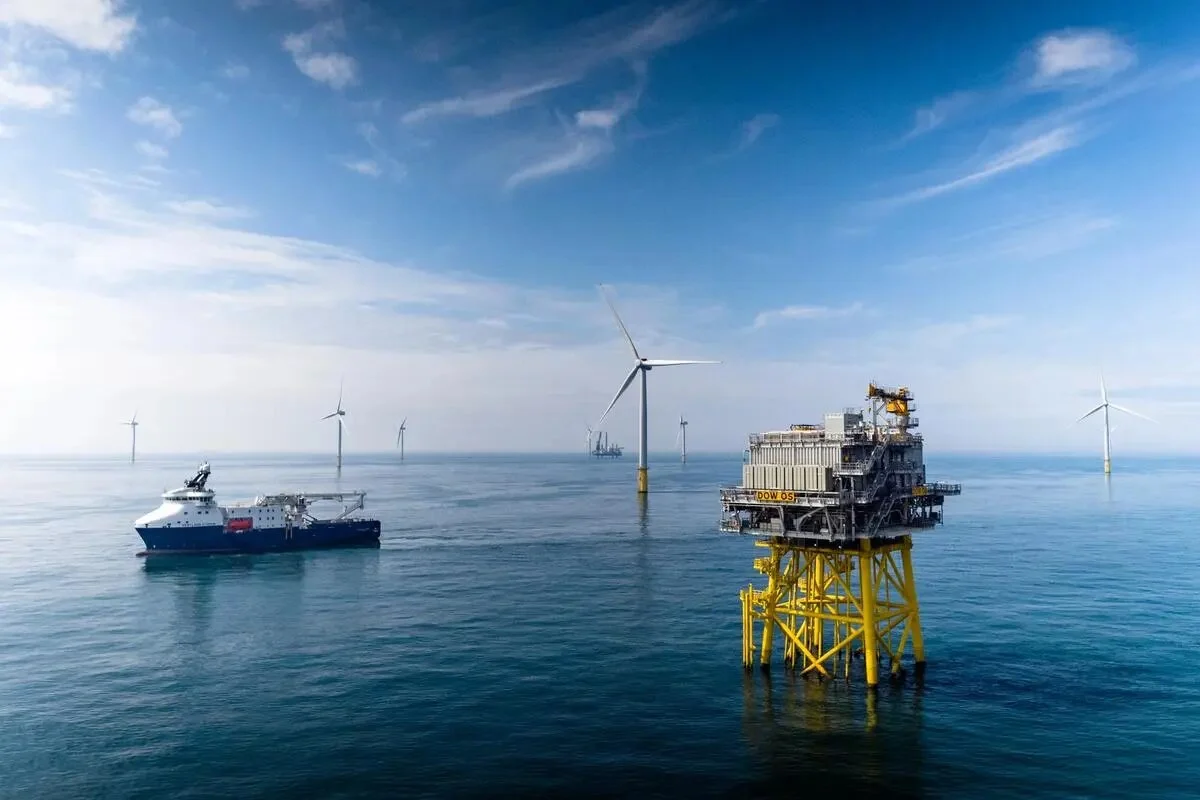
EQUINOR EXITS OFFSHORE WIND SECTOR IN VIETNAM.
Equinor's operations in Vietnam have been significantly impacted by the country's uncertain regulatory environment.
- 1 year, 3 months
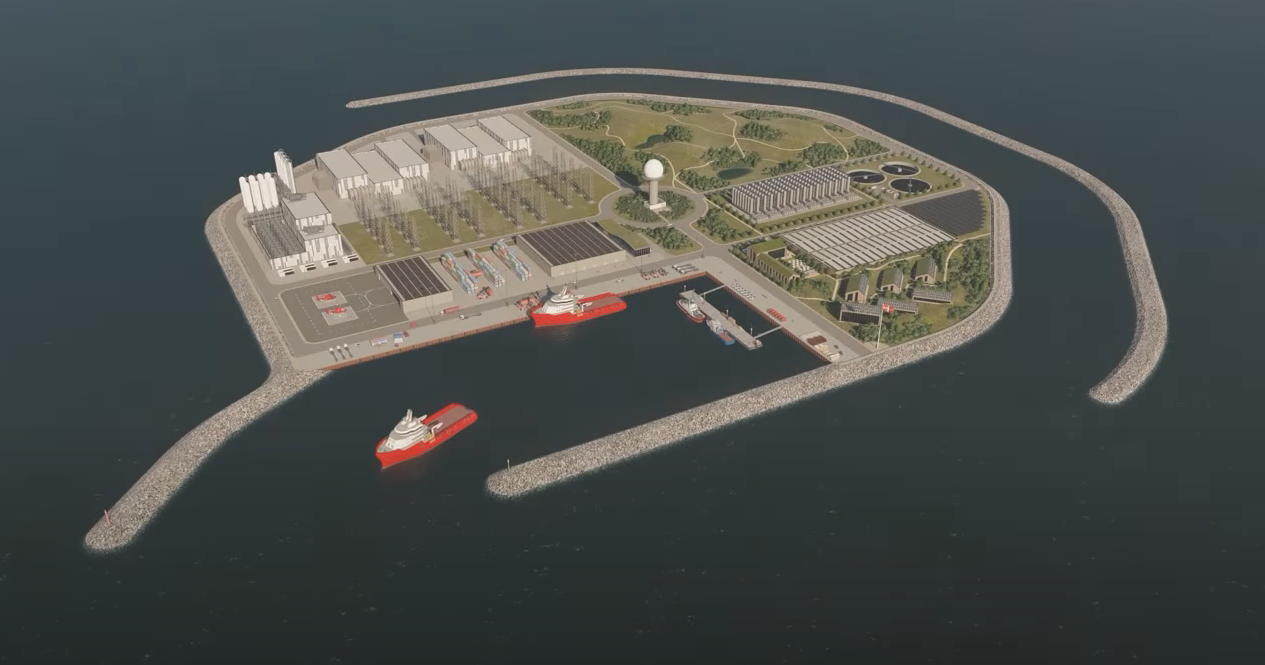
DENMARK: WORLD'S FIRST ARTIFICIAL ENERGY ISLAND BEHIND 3 YEARS.
The construction of the world's first artificial energy island has faced new delays, with the project being postponed for a second time, now expected to be delayed by at least three more years.
- 1 year, 3 months
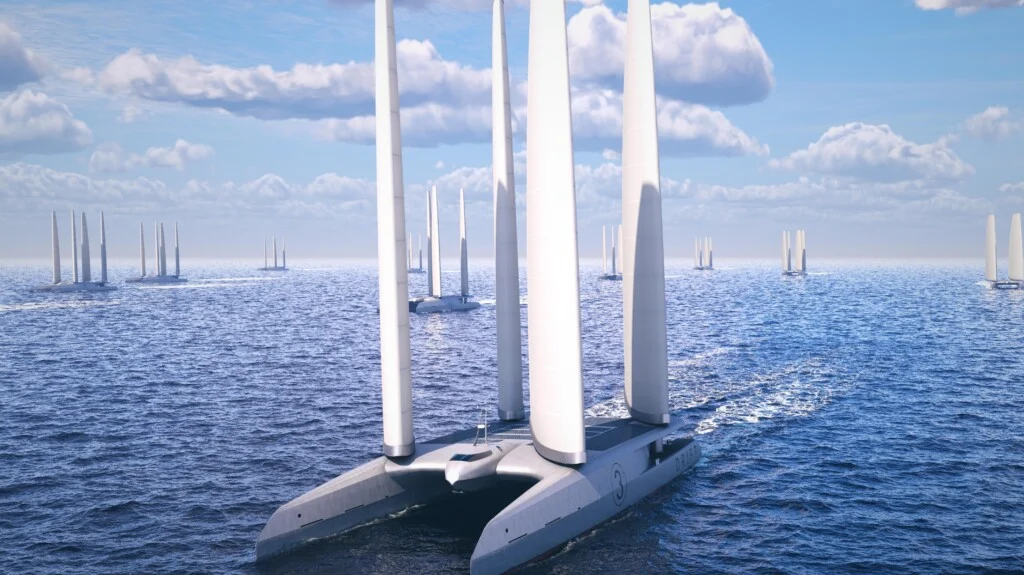
UK: SHIPS TO PRODUCE GREEN HYDROGEN FROM THE WIND.
Companies are increasingly competing to advance green hydrogen production technologies, driven by the UK's offshore wind potential.
- 1 year, 3 months
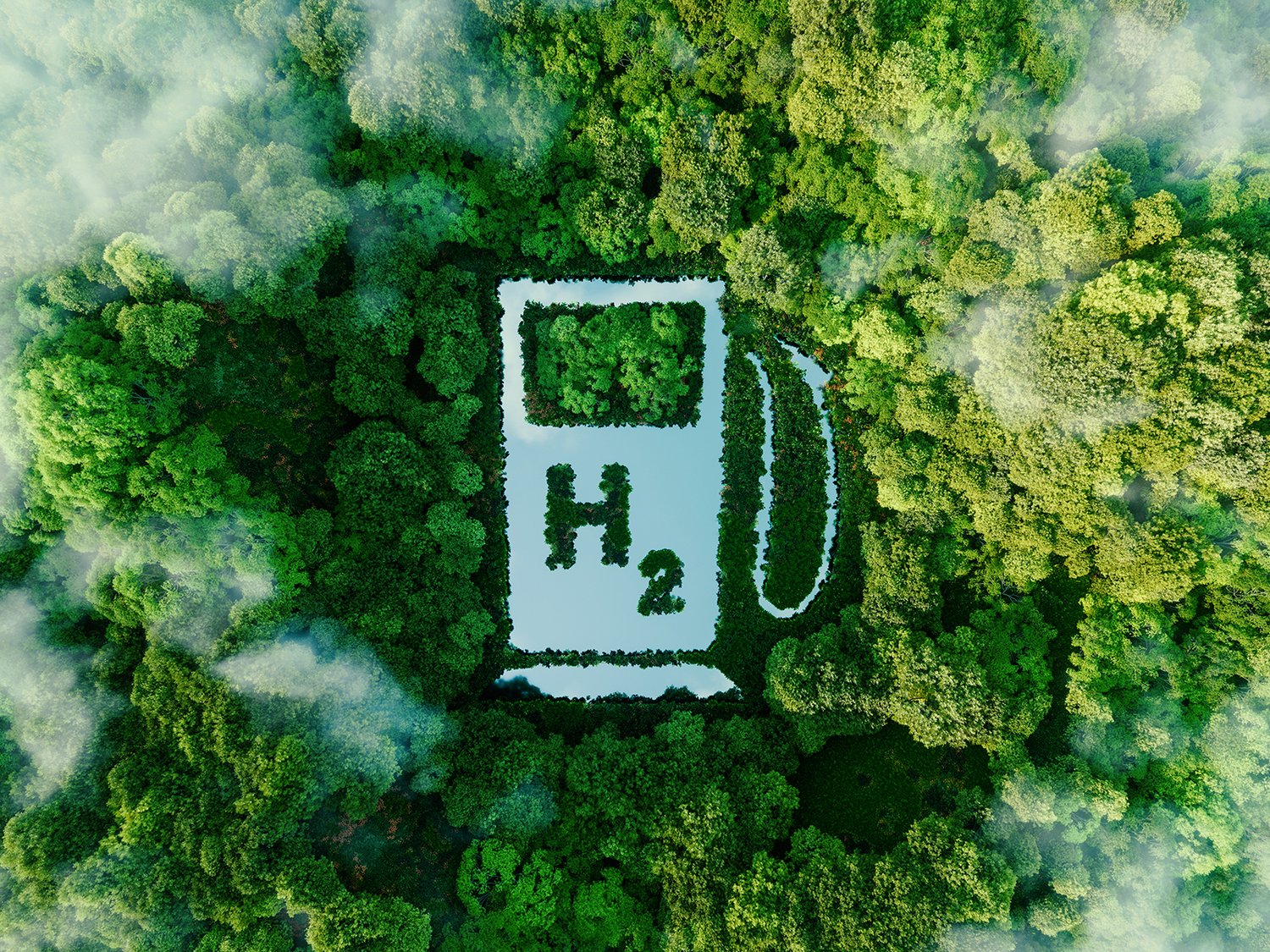
USA: AN INNOVATIVE WAY TO PRODUCE HYDROGEN WITH ALUMINUM AND CAFFEINE.
Researchers at Massachusetts Institute of Technology (MIT) have developed a groundbreaking and sustainable method to produce hydrogen, contributing to the shift toward clean energy and reducing dependence on fossil fuels.
- 1 year, 3 months

NEW ZEALAND'S LARGEST SOLAR POWER PLANT RECEIVES GLOBAL FUNDING.
The largest solar power plant in New Zealand has secured significant funding from both local and international institutions, prompting Light source BP to initiate the construction process.
- 1 year, 3 months

CYPRUS' LARGEST SOLAR FARM IS STIRRING CONTROVERSY.
Cyprus' largest solar farm has ignited controversy over concerns that it will result in the removal of up to 4,400 pine trees.
- 1 year, 3 months

AMERICA'S FIRST STALLED NUCLEAR PLANT TROUBLED TO RESTART.
America’s first grounded nuclear plant, the Palisades facility in Michigan, faces technical issues that could hinder its planned restart, according to former plant engineer Alan Blind.
- 1 year, 4 months
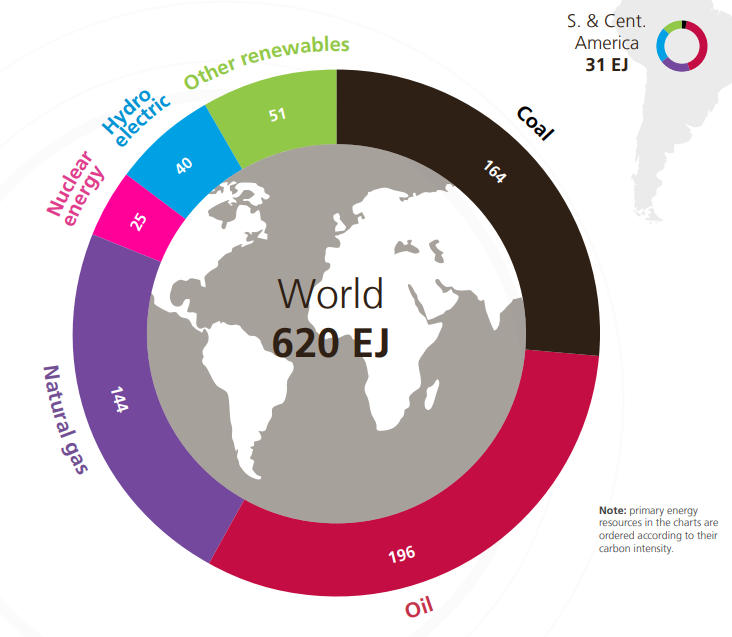
THE WORLD’S 15 LARGEST ENERGY CONSUMERS.
In 2023, Qatar and Iceland are the top countries in terms of energy consumption per capita.
- 1 year, 4 months
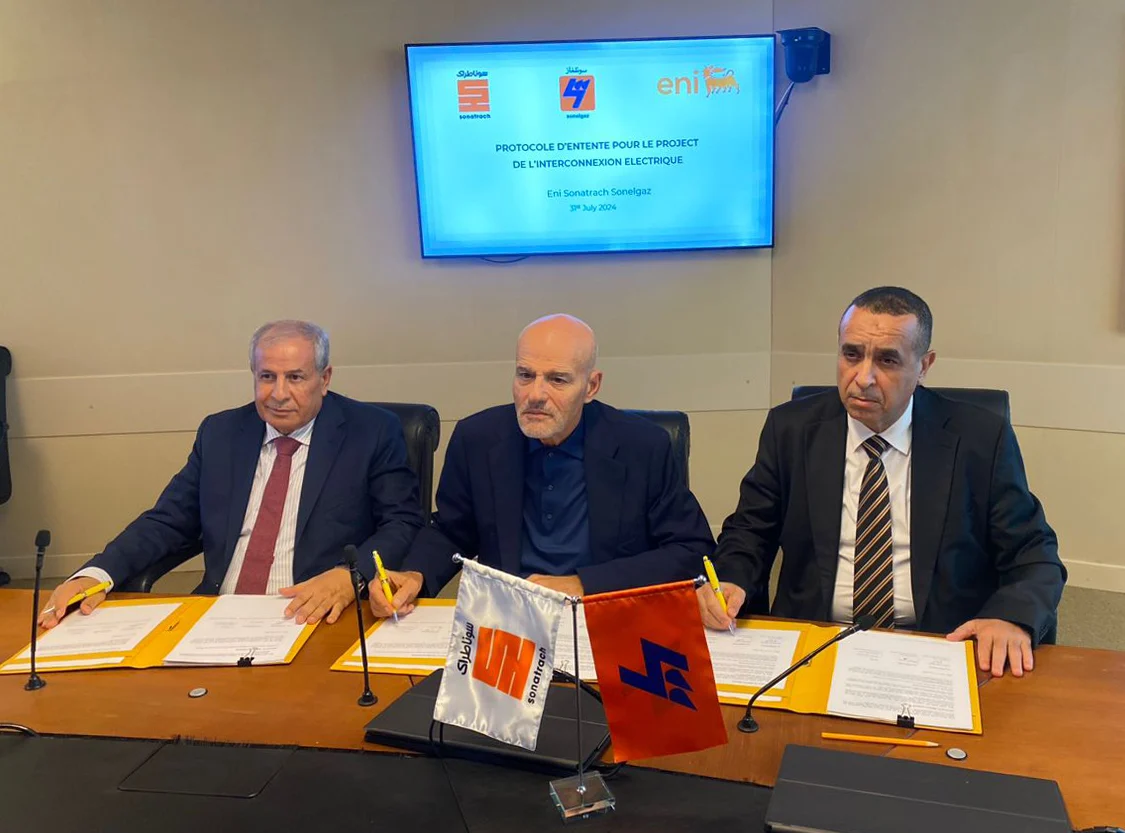
ALGERIA-ITALY ELECTRICITY INTERCONNECTION MARKS NEW STEP.
The electricity interconnection project between Algeria and Italy has taken a significant step forward, with both countries eager to accelerate its implementation.
- 1 year, 4 months
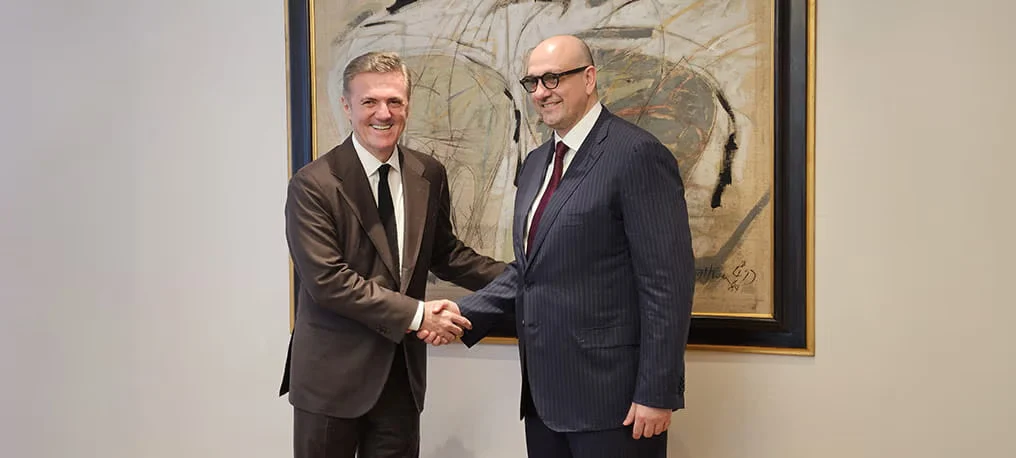
UAE'S MASDAR SIGNS ONE OF THE LARGEST RENEWABLE ENERGY DEALS IN SPAIN.
UAE'S Masdar has signed one of the largest renewable energy deals in Spain in recent years, a move designed to support Madrid's energy and climate goals as well as the EU's ambitions for carbon neutrality by 2050.
- 1 year, 4 months
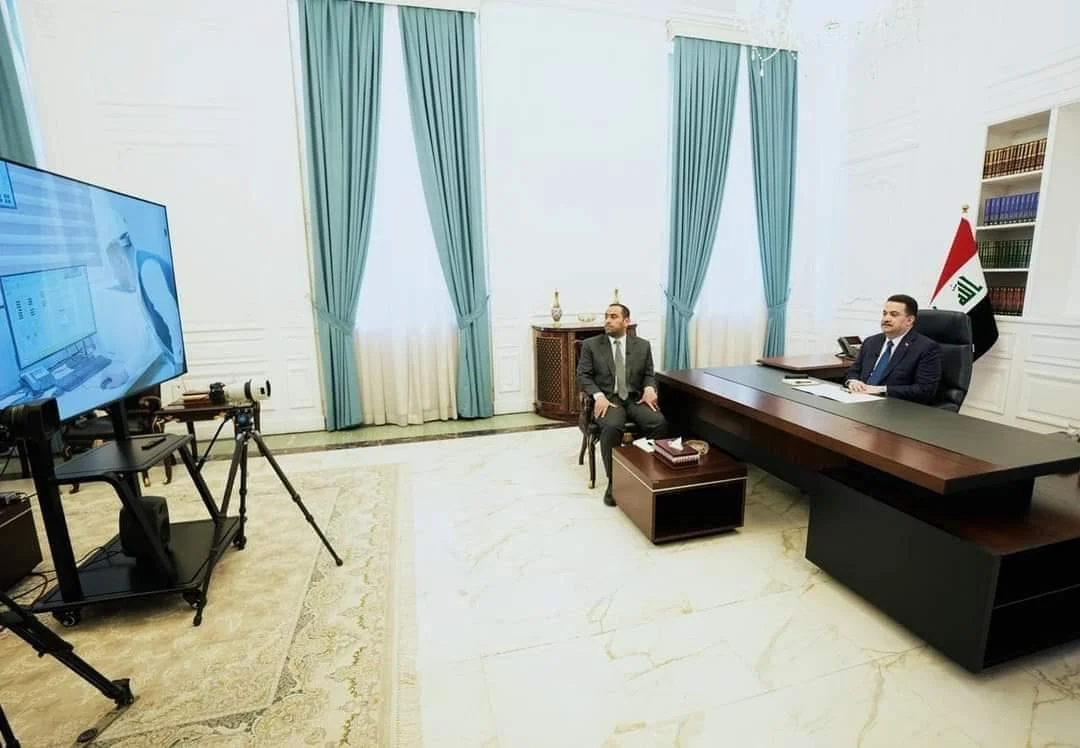
THE ELECTRICAL INTERCONNECTION BETWEEN IRAQ AND TURKEY IS LAUNCHING.
After a delay of nearly 20 years, the electricity interconnection line between Iraq and Turkey has begun its first phase, linking the borders of the two countries with a capacity of 300 megawatts.
- 1 year, 4 months

SENEGAL'S ELECTRICITY AND RENEWABLE ENERGY SECTORS BENEFIT FROM OIL AND GAS REVENUES.
Senegal's electricity and renewable energy sectors, along with five other key areas, are experiencing significant recovery due to oil and gas revenues, marking a new phase of economic growth.
- 1 year, 4 months
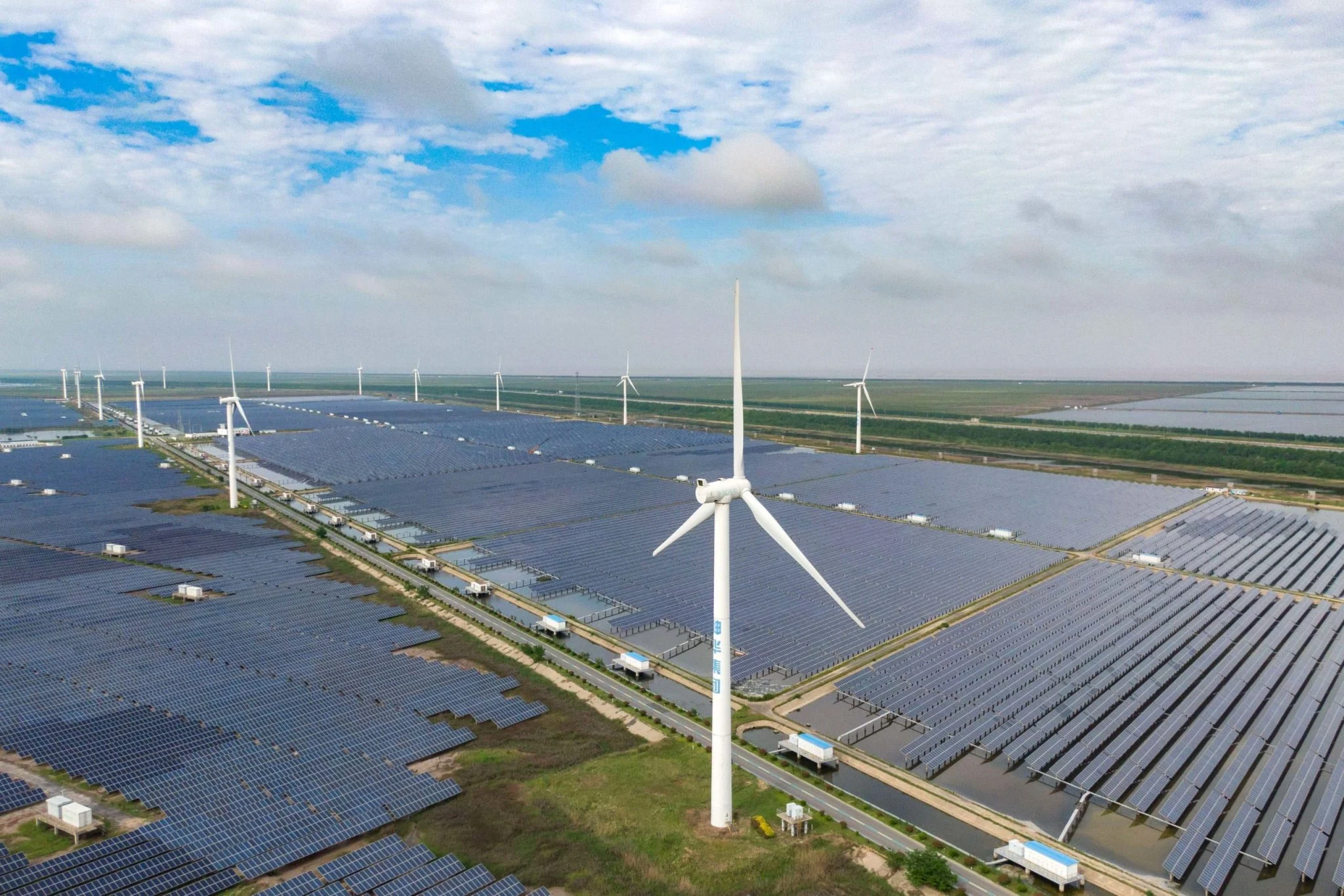
CHINA HOSTS TWO-THIRDS OF THE WORLD'S RENEWABLE ENERGY PLANTS UNDER CONSTRUCTION.
China is rapidly expanding its renewable energy projects to reduce emissions and meet growing electricity demand. A study revealed that nearly two-thirds of the world's solar and wind power plants are in China, with Beijing building infrastructure to support 339 gigawatts of renewable energy capacity.
- 1 year, 4 months
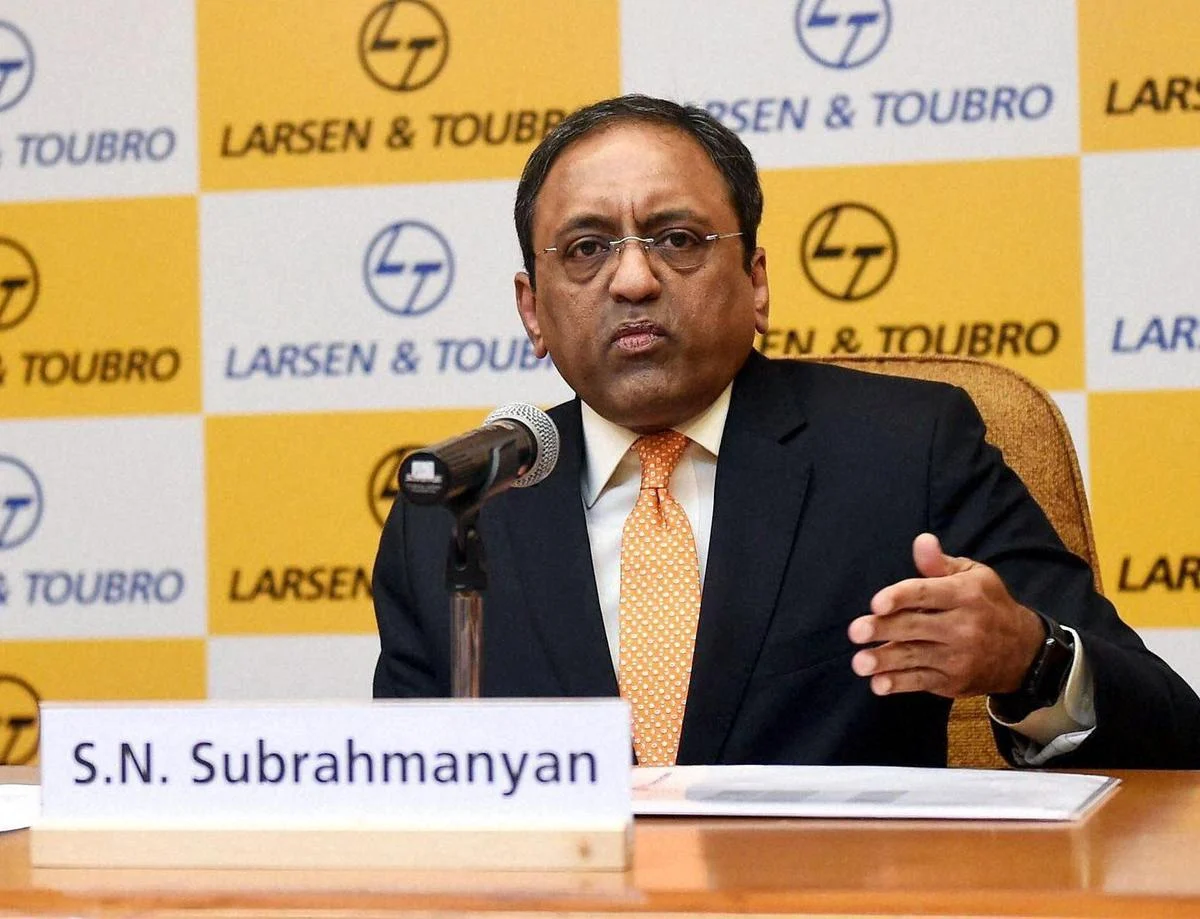
INDIAN COMPANY CONCLUDES MEGA ENERGY DEAL IN MIDDLE EAST.
An Indian firm has secured a substantial contract to develop a renewable energy project in a Middle Eastern nation.
- 1 year, 4 months

AFRICA'S SOLAR MARKET: RAPID GROWTH, CHINESE DOMINANCE, AND U.S. SETBACKS.
Africa's solar market has enormous potential.
- 1 year, 4 months
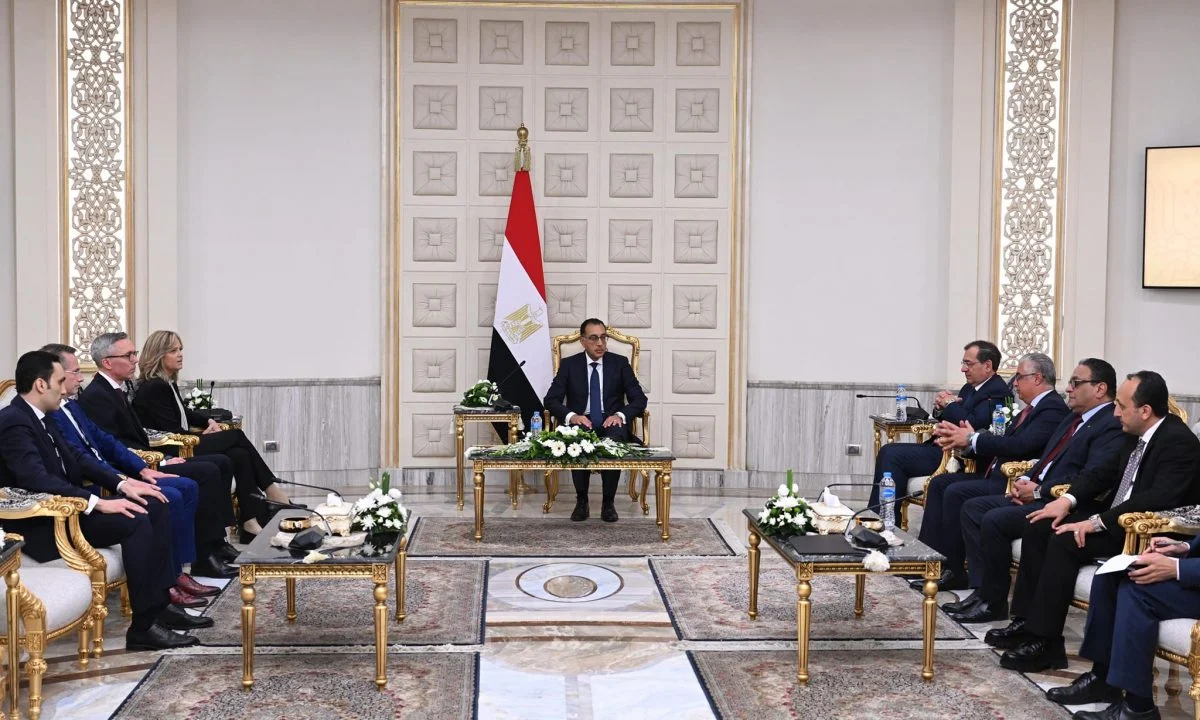
EGYPT LEADS THE WORLD WITH AN UNPRECEDENTED ENERGY DEAL.
Egypt has achieved a significant global milestone in the energy sector by signing a groundbreaking deal, surpassing a similar agreement made by the Sultanate of Oman in March 2024.
- 1 year, 5 months
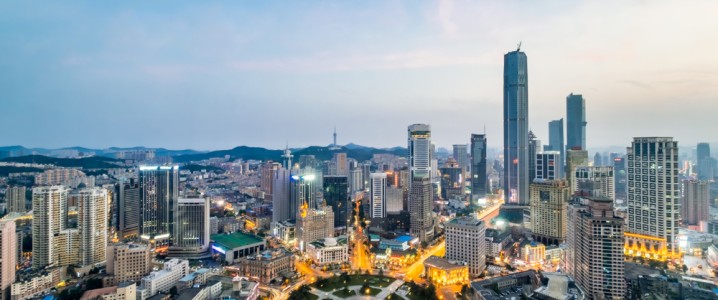
CHINA SURPASSES EUROPE IN PER CAPITAL ENERGY CONSUMPTION.
China's energy consumption per capita has surpassed that of Europe, driven by decades of economic growth and infrastructure development.
- 1 year, 5 months
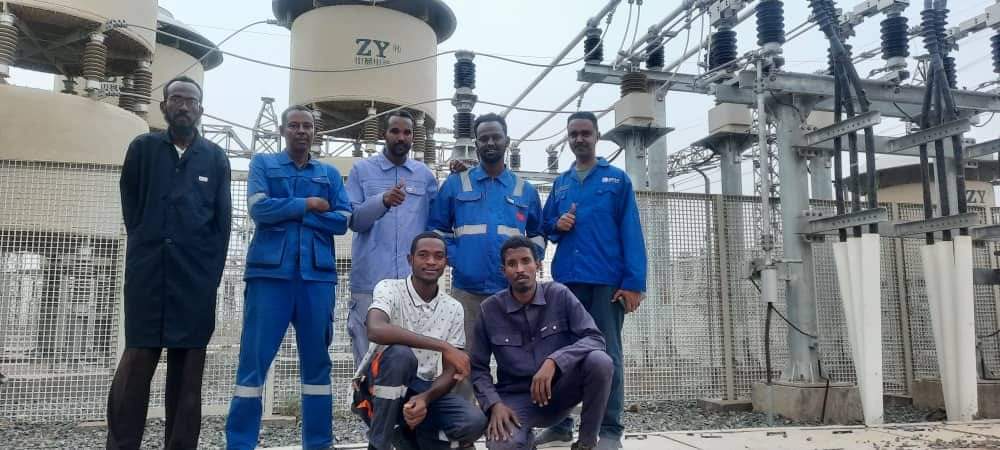
ELECTRICITY IN SUDAN WITNESSES A NEW SYSTEM THAT ENSURES THE STABILITY OF THE NETWORKS.
The electricity sector in Sudan is currently undergoing significant efforts aimed at modernizing and stabilizing its infrastructure.
- 1 year, 5 months

AUSTRALIA IS BUILDING A GIANT ELECTRICITY STORAGE BATTERY.
Australia is making strides to bolster its capacity to accommodate the surge in renewable energy production, a cornerstone in its strategy to combat greenhouse gas emissions and address the pressing challenges of climate change.
- 1 year, 5 months
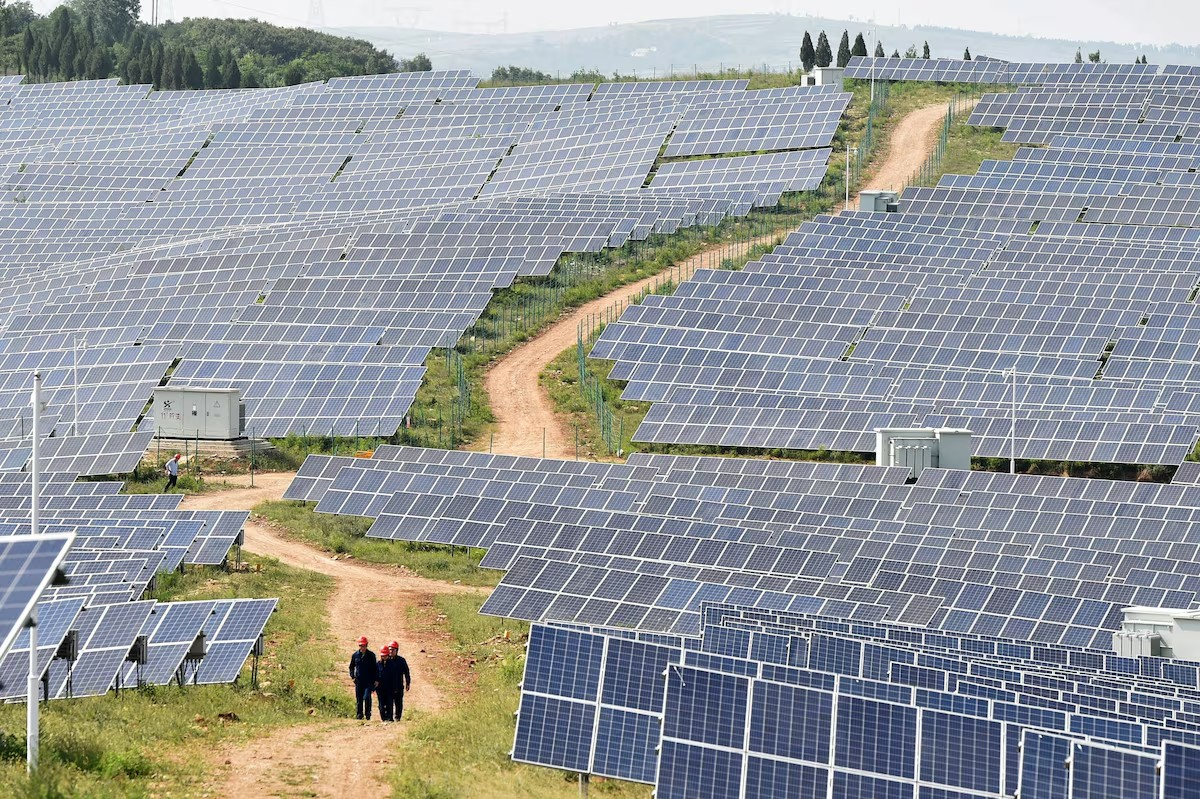
THE LARGEST SOLAR POWER PLANTS IN THE WORLD.
Chinese dominance is evident in the compilation of the world's largest solar power plants, where they claim five spots out of ten. Notably, the recently inaugurated Xinjiang Farm stands as the largest globally, boasting a capacity of 5 GW.
- 1 year, 5 months
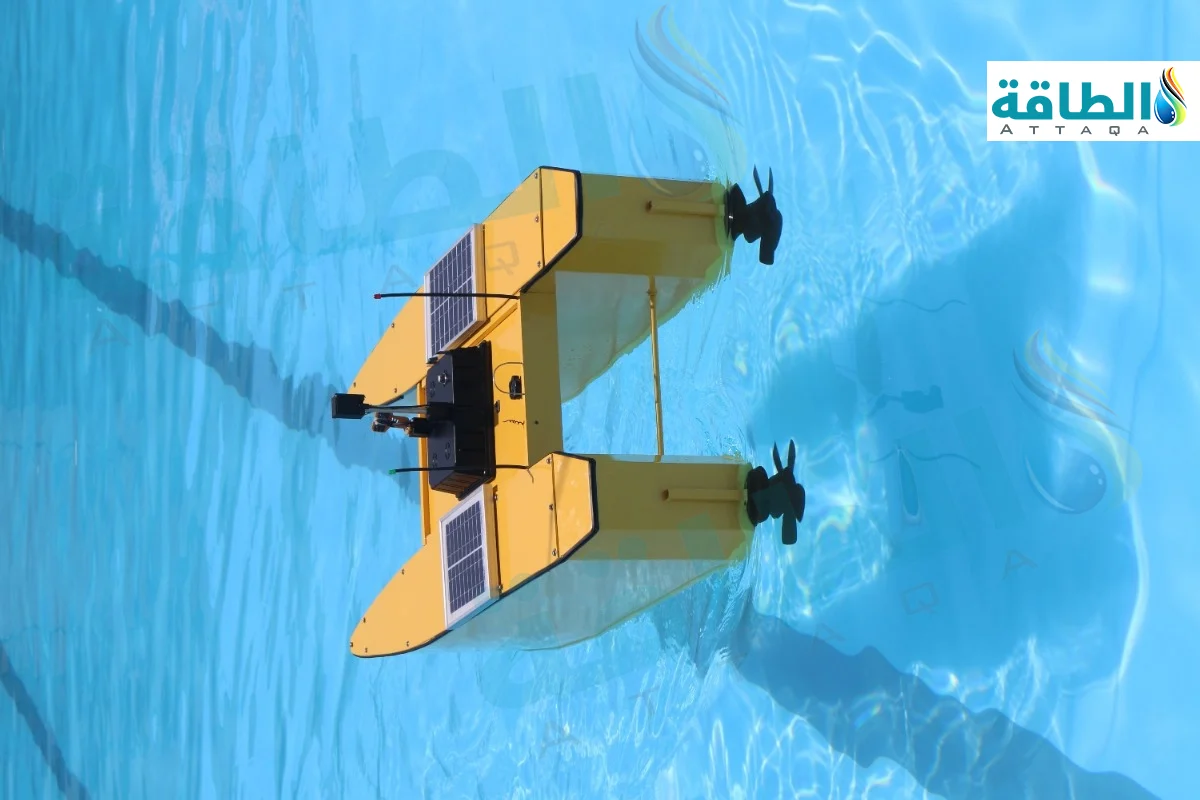
EGYPTIAN TEAM DESIGNS SOLAR-POWERED DRONE SHIP.
Aims to monitor and analyze the marine environment accurately and effectively.
- 1 year, 5 months
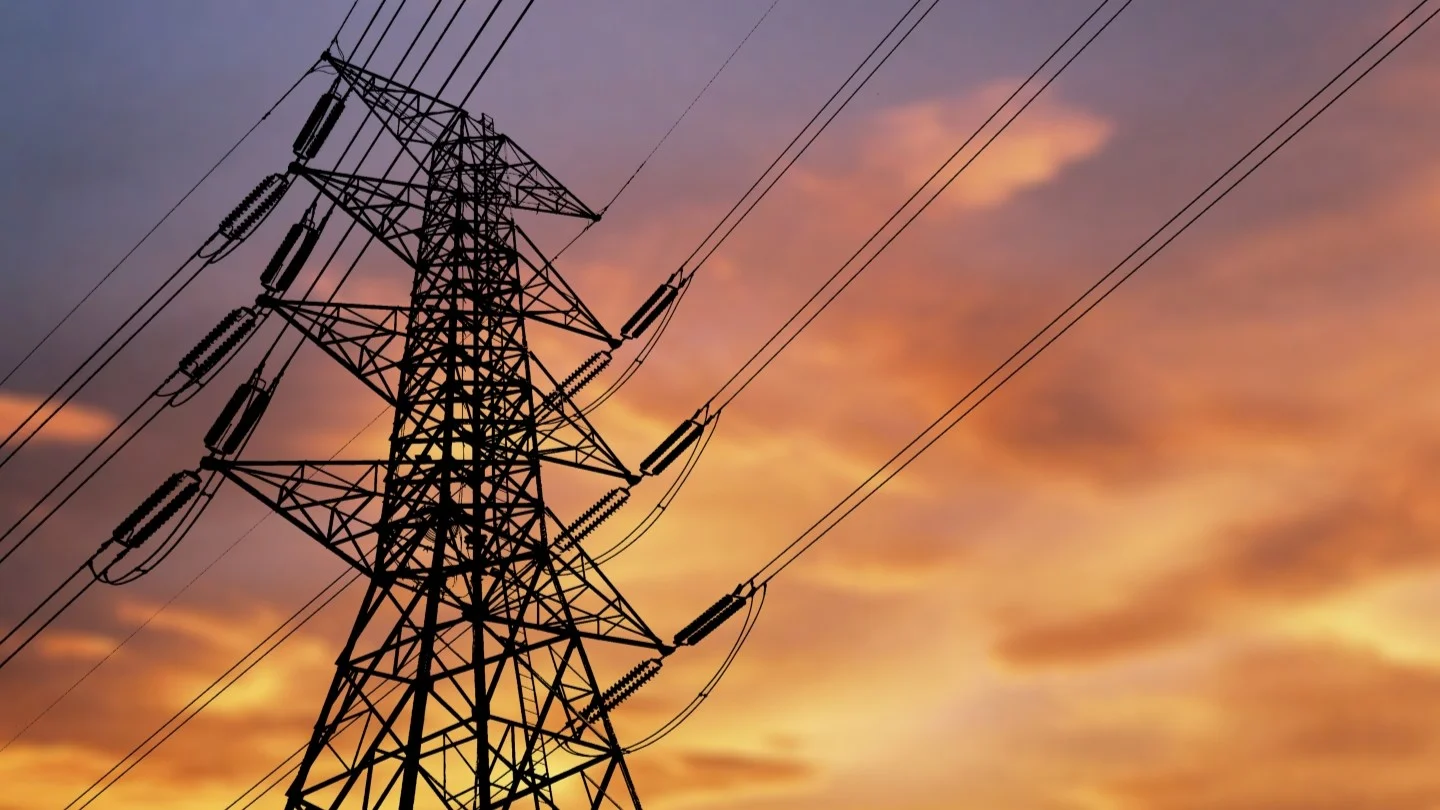
A GLOBAL COMPANY DEVELOPS ELECTRICITY GRIDS IN THE UK AND AMERICA.
A global company has announced plans to double its investments in electricity grids and power transmission projects over the next five years, targeting the energy transition and carbon emission reductions in the United Kingdom and America.
- 1 year, 6 months

DEWA PARTNERS WITH POWER CHINA TO PROMOTE SUSTAINABLE ENERGY SOLUTIONS.
Dubai Electricity and Water Authority (DEWA) continues to bolster Dubai's status as a global leader in clean energy and green economy by partnering with major international companies to enhance the efficiency of electricity and water production and integrate the latest technologies across all its facilities and projects.
- 1 year, 6 months

SEVERE SOLAR STORM THREATENS DISRUPTION TO POWER GRIDS AND COMMUNICATIONS.
A severe solar storm expected this weekend could disrupt electric power grids, navigation, radio, and satellite operations. The last time Earth experienced a G5 storm, classified as "extreme," was in 2003, resulting in power outages in Sweden and damaged transformers in South Africa.
- 1 year, 6 months
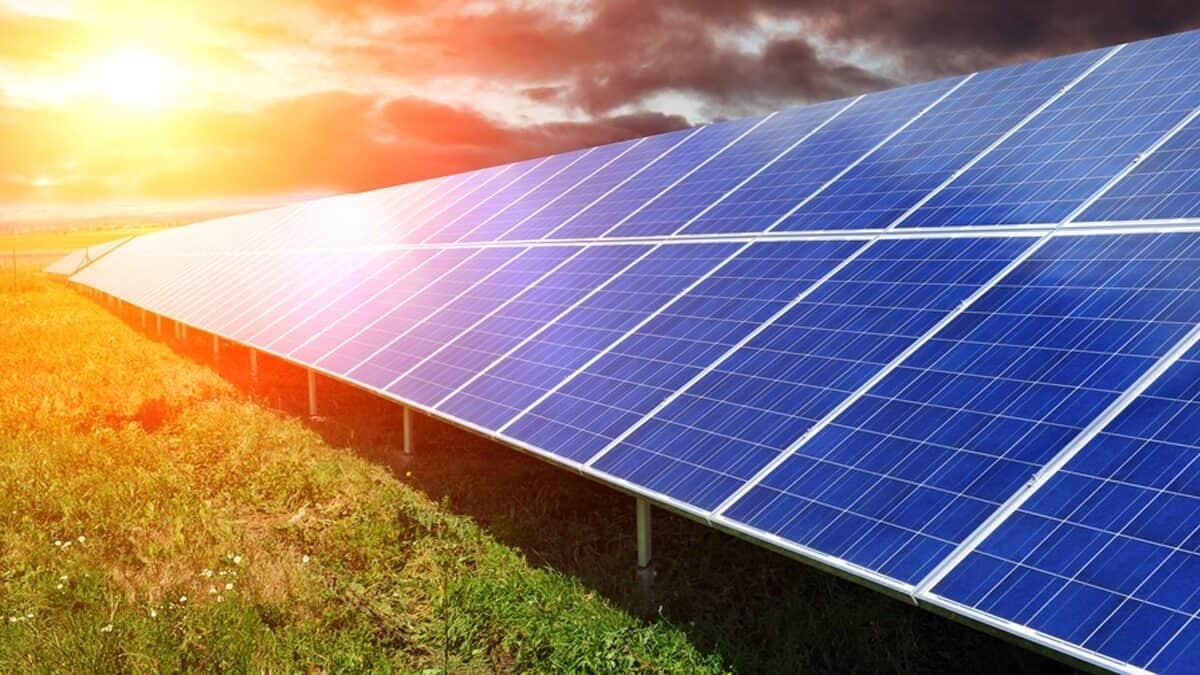
TURKISH COMPANY AVOIDS EUROPEAN CARBON TAX WITH SOLAR POWER PLANT IN KOSOVO.
A Turkish company is investing in building a solar power plant in Kosovo to avoid a European carbon tax on its ferronickel plant's exports to the domestic market. Yıldırım Energy announced the laying of the foundation stone of Kosovo's 150 MW solar park, according to a report seen by the Washington-based Specialized Energy Platform.
- 1 year, 6 months

CHINA'S CLEAN ENERGY EXPORTS JUMP DESPITE LOWER PROFITS.
In 2023, China's clean energy exports surged by nearly a fifth compared to the previous year, exceeding $150 billion.
- 1 year, 7 months

CONSORTIUM OF 3 COMPANIES WINS DEVELOPMENT OF GIANT SOLAR POWER PLANT IN THE UAE.
A consortium of three international companies has secured the development of a large-scale solar power plant in the UAE, boasting a capacity of up to 1.5 gigawatts. This initiative aligns with the Abu Dhabi government's commitment to sourcing 32% of its electricity from renewable sources by 2030.
- 1 year, 7 months
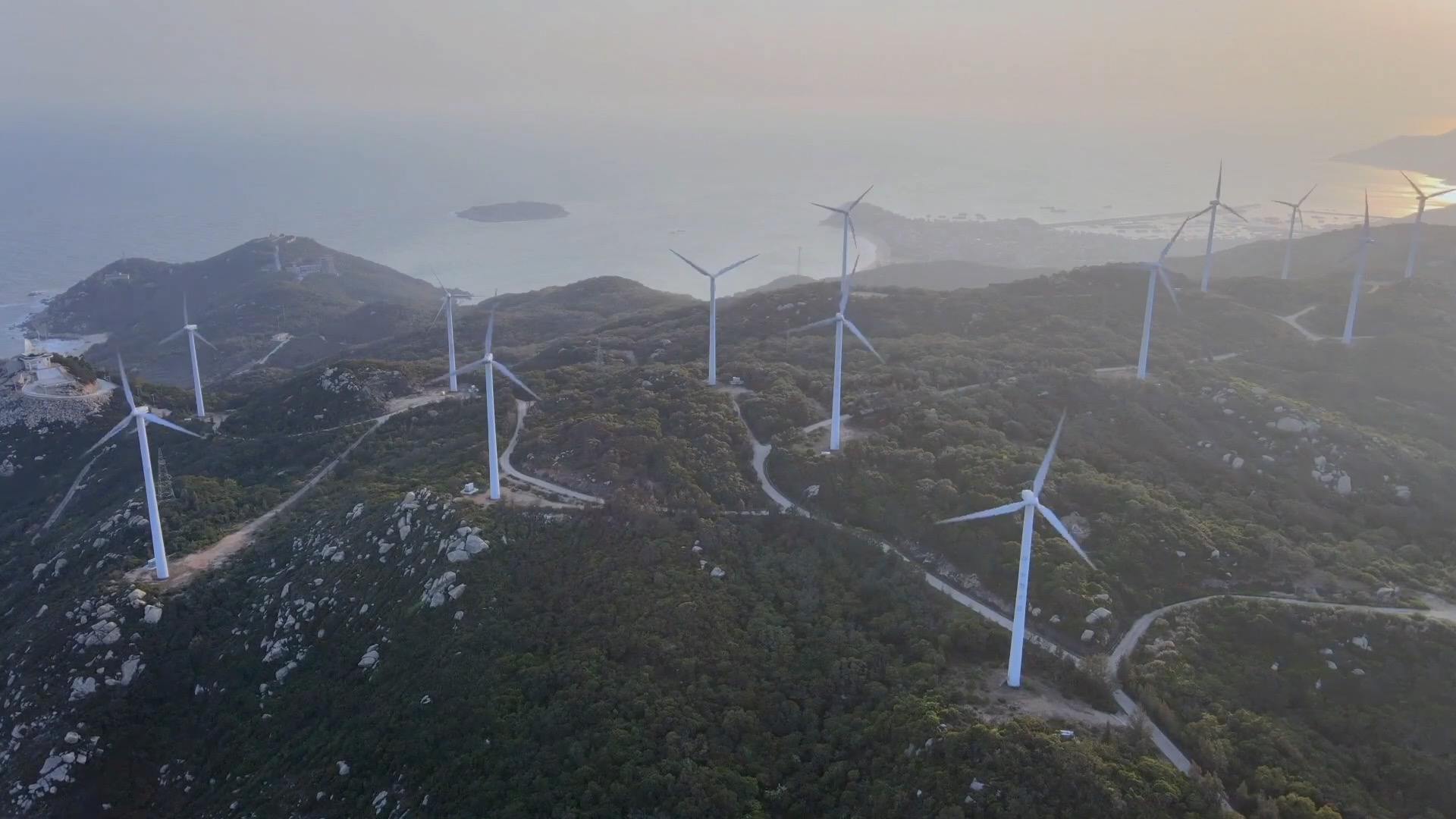
GLOBALLY ADDED WIND CAPACITY JUMPS 50% AND SETS RECORD.
In 2023, global wind capacity surged to a new peak of nearly 117 GW, a testament to growing government support and ambition despite challenging economic conditions marked by high interest rates and inflation.
- 1 year, 7 months
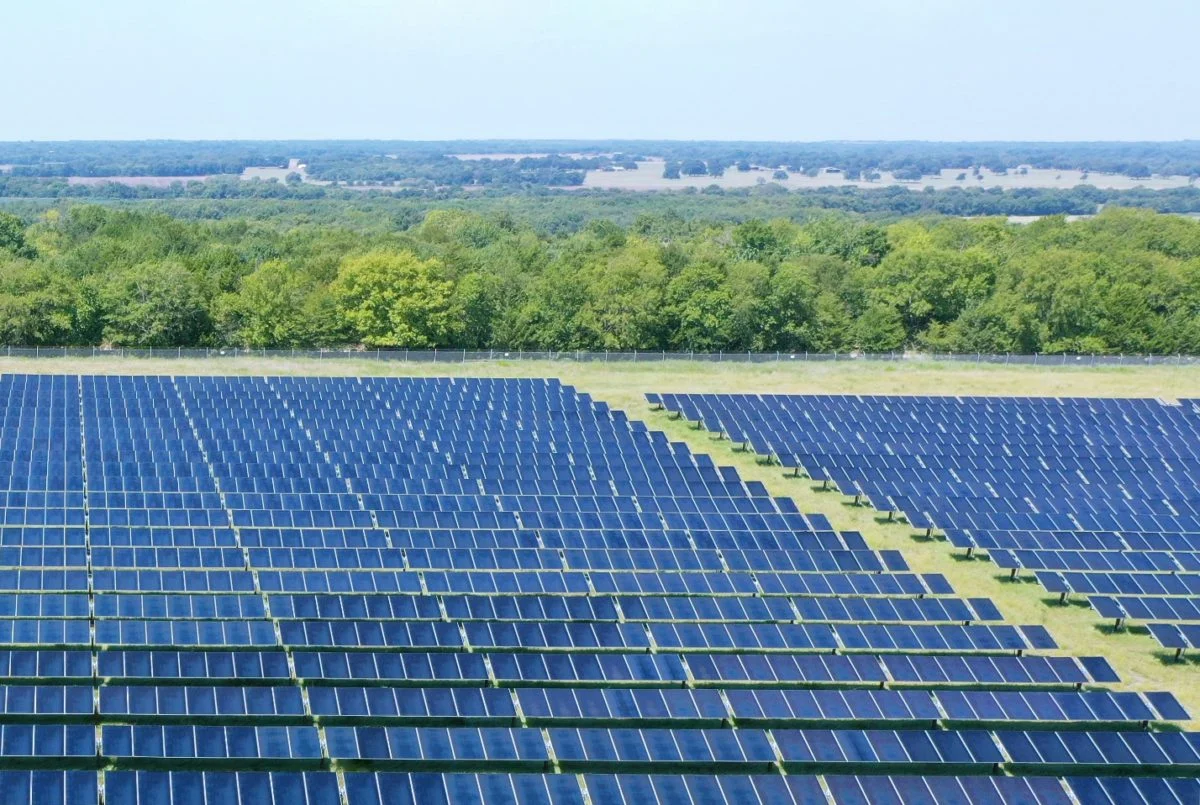
SOLAR OUTPERFORMS IN THE LARGEST U.S. STATE USING COAL.
Solar power generation in the United States has reached a significant milestone in the quest to reduce carbon emissions and achieve carbon neutrality by 2050.
- 1 year, 7 months

RENEWABLE ENERGY PROJECTS BEGIN IN IRAN WITH HUGE CAPACITIES.
Renewable energy projects in Iran, with a capacity of up to 7,500 MW, began during the Persian year ending March 19, 2023. These projects, primarily focused on solar and wind energy, represent a significant step towards Iran's goal of diversifying its energy sources and reducing its reliance on fossil fuels.
- 1 year, 8 months
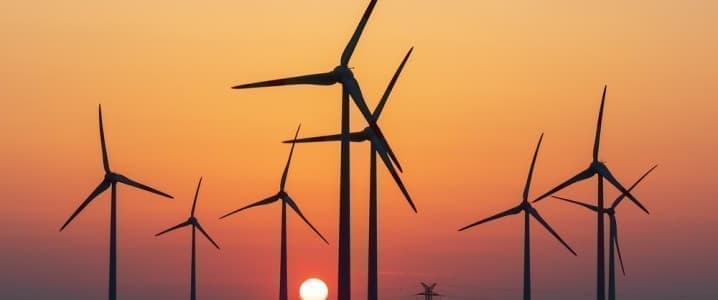
AMERICA IS GROWING WARY OF THE RENEWABLE ENERGY BOOM.
Renewable energy projects in the United States are encountering opposition stemming from concerns over land use, environmental impact, and local property values. This opposition has led to a conflict between state climate goals and the interests of local communities.
- 1 year, 8 months
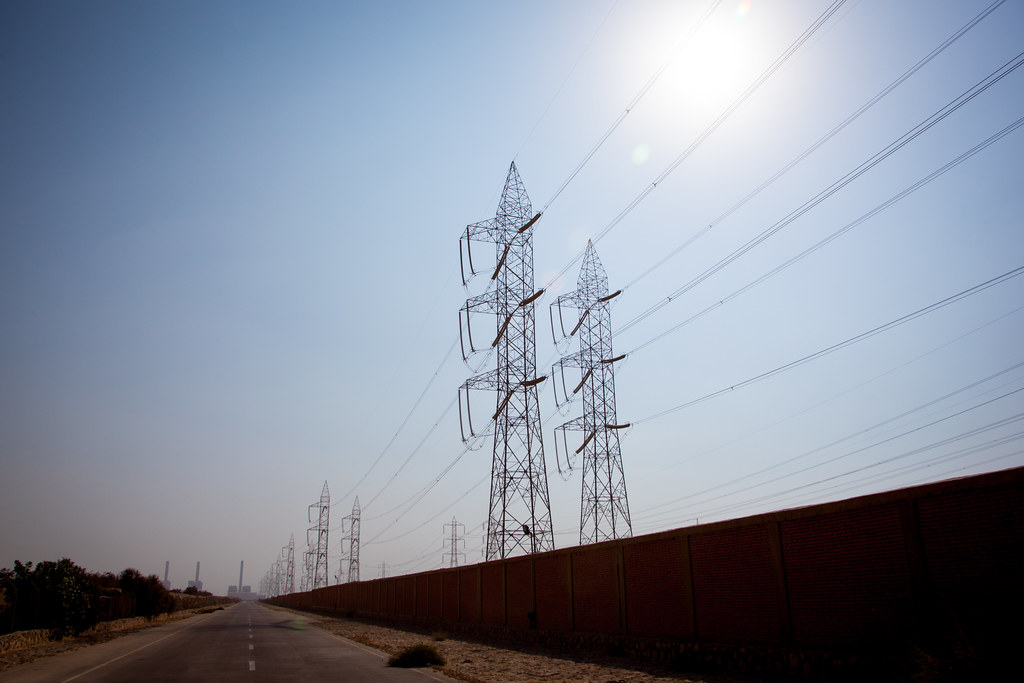
Gambia: 46 Communities to Benefit From 30kV Electricity Project
President Adama Barrow has inaugurated the construction of the 30Kv line through Laminkoto-Diabugu-Batapa to expand electricity access to 46 communities in the districts of Sami and Sandu.
- 2 years, 6 months
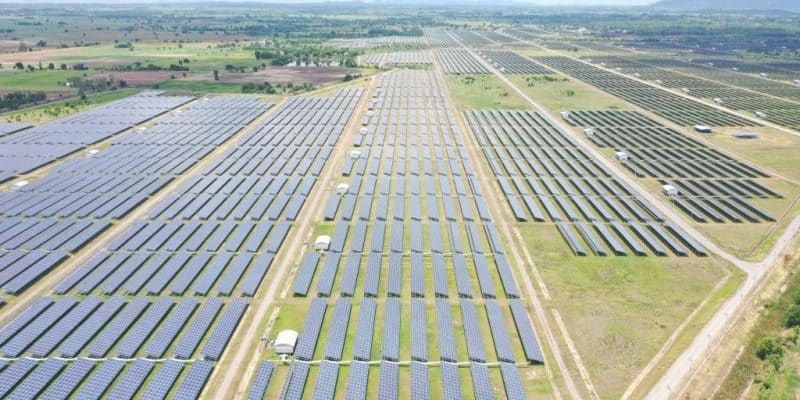
SOUTH AFRICA: UAE’s Amea Power to sell 85 MWp of solar power to GreenCo
Independent power producer (IPP) Amea Power has signed a power purchase agreement (PPA) with GreenCo Power Services.
- 2 years, 6 months

TANZANIA : Challenges Facing Energy Sector
According to the latest Tanzania power system master plan, Tanzania’s electricity demand will expand at an annual rate of 13.82% during 2022–2030, rising from 10,176 GWh in 2022 to 28,664 GWh in 2030.
- 2 years, 11 months
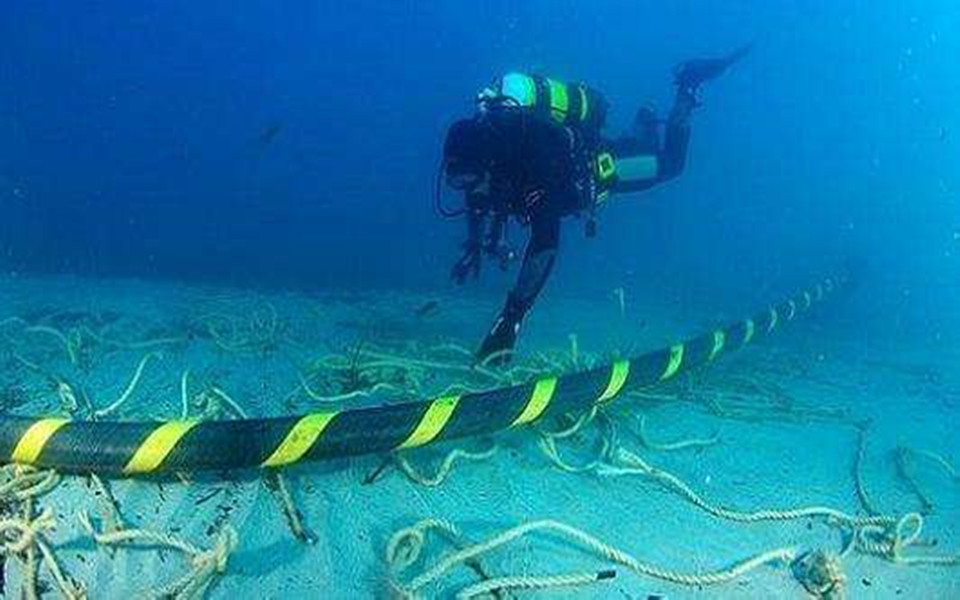
Italy and Tunisia Power Project To Receive 307 Million Euros
The underwater power line project between Italy and Tunisia will receive a support of around 307 million euros ($324 million) of funding from the European Union,
- 2 years, 11 months
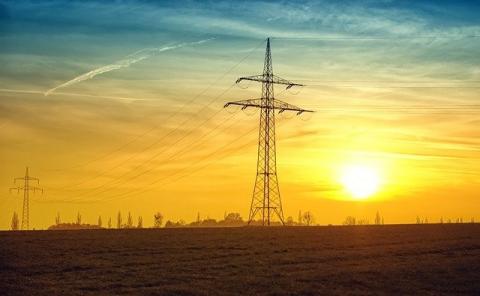
LIBERIA: Power Purchase Agreement Now Approved
The Board of Commissioners (BoC) of the Liberia Electricity Regulatory Commission (LERC) welcomes the Power Purchase Agreement
- 2 years, 11 months
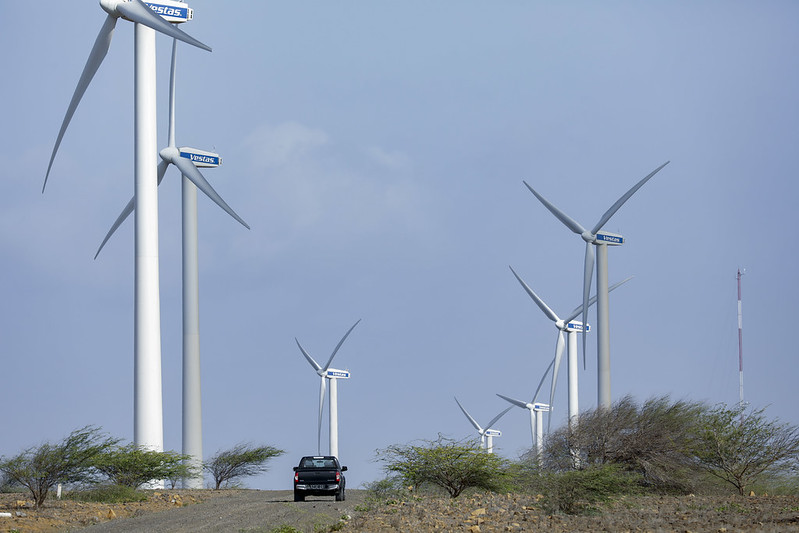
SOUTH AFRICA: Financial Closing of the Phezukomoya and San Kraal Wind Projects
EDF Renewables, the subsidiary of the Electricité de France (EDF) group, has closed the financing of two of its wind projects in South Africa.
- 3 years

Ethiopia and Djibouti To Construct High Power Transmission Line
Construction on the Ethio-Djibouti 2nd Circuit High Power Transmission Line and Distribution Station Project was recently launched by Ethiopia and Djibouti.
- 3 years, 1 month
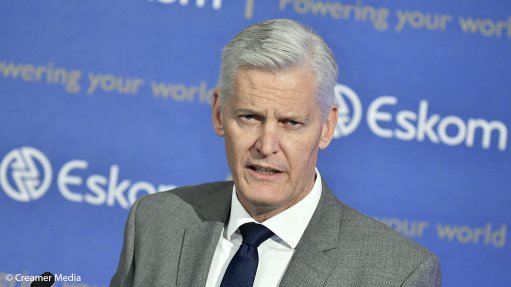
South Africa: Eskom Signs Land Lease Agreements With Independent Power Generators
Eskom signs land lease agreements with independent clean power generators
- 3 years, 1 month

GIZ To Provide Solar Energy In 27 Rural Health Centers In Uganda
GIZ to provide solar energy to 27 rural health centers in Uganda
- 3 years, 1 month

Zimbabwe Secure USD 800 Million Fund For Rural Electrification
Zimbabwean will have electricity regardless of their location
- 3 years, 1 month

MOZAMBIQUE: Total Energy ,Won To Build A Solar Power Plant
French energy giant, Total Energy , has won a project to build a solar power plant
- 3 years, 8 months
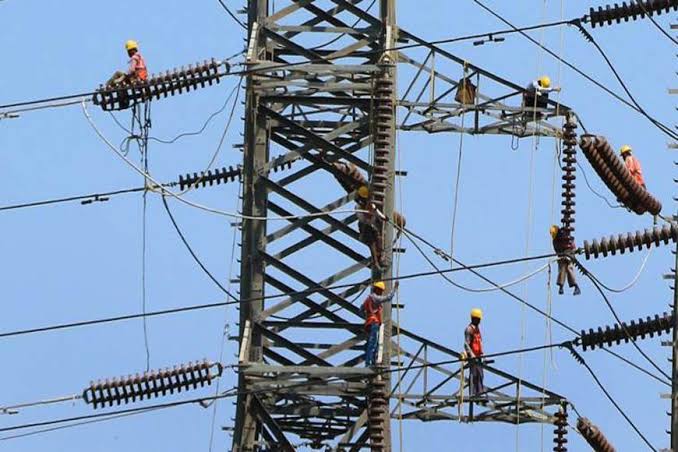
TANZANIA : $1.9 Billion Used On Electricity Network Upgrade
Tanzania will spend $1.9 billion to upgrade its power transmission and distribution network as part of plans to end electricity outages.
- 3 years, 9 months

SOUTH AFRICA: USD 11.8m To Construct Waste to Energy Plant
Kibo Energy signs 10-year PPA for waste-to-power development in South Africa
- 3 years, 9 months

UGANDA; Seeks to amend the Electricity Act to increase funds allocated to the Electricity Regulatory Authority
The Minister of Energy and Mineral Development, Ruth Nankabirwa Ssentamu, has tabled the Electricity (Amendment) Bill, 2022 for first reading
- 3 years, 10 months

KENYA: First Public-Private Partnership (PPP) transmission project
Kenya pioneers the first independent power transmission project. Seeks to increase private sector participation in transmission
- 3 years, 10 months
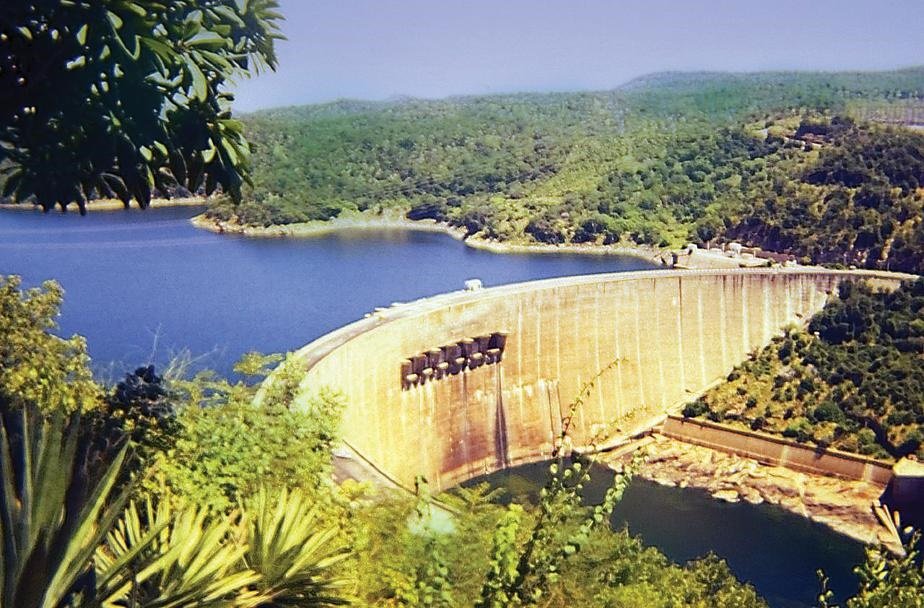
Zimbabwe's load shedding to worsen as work starts on Kariba Dam project
Zimbabwe's recent spate of load shedding is expected to worsen for the next two weeks after the state-owned power utility announced plans to resume work on the Kariba Dam Rehabilitation project.
- 3 years, 10 months
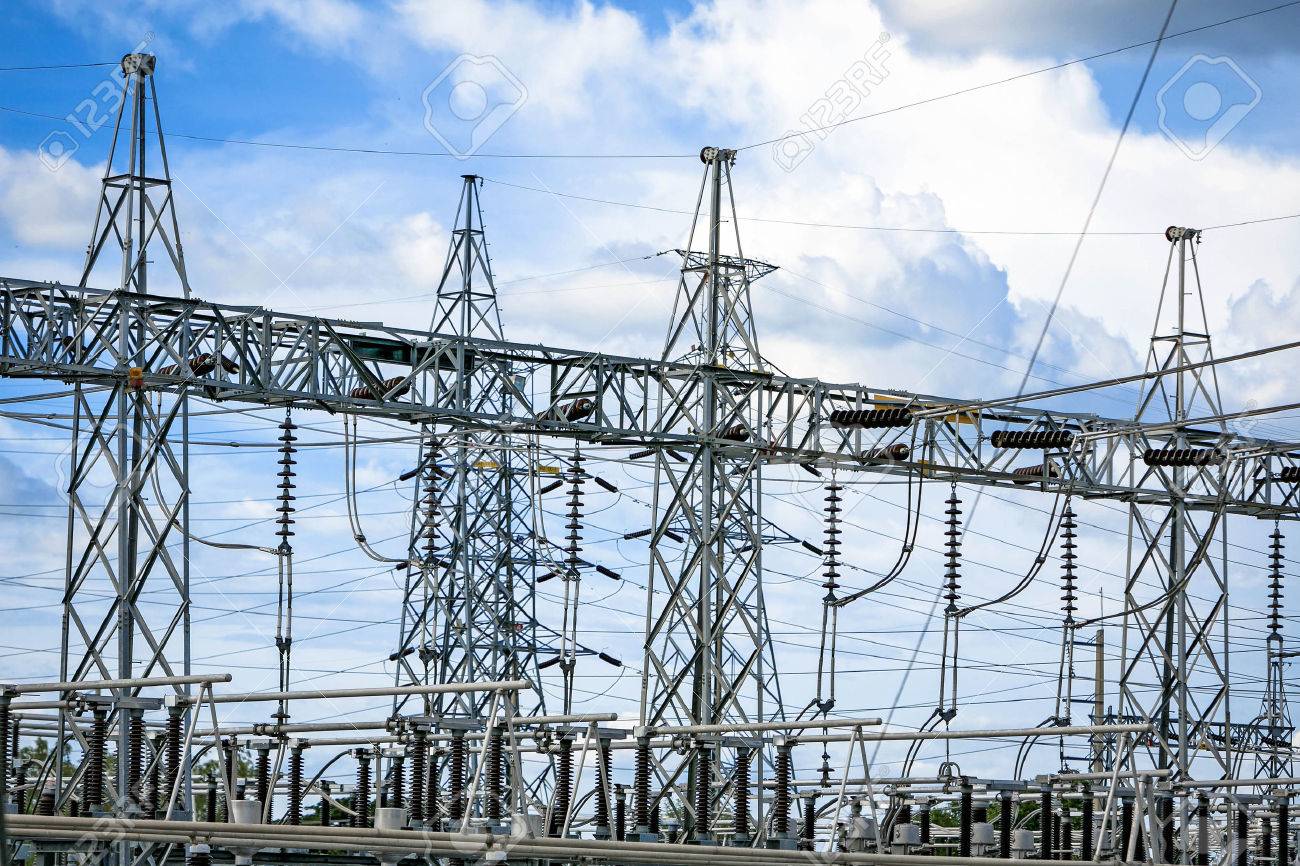
Tanzania Electricity Supply and Demand
The generation, transmission and distribution of electricity in Tanzania, is channeled through TANESCO, which is fully owned by the government and is responsible for 98% of the electricity
- 4 years
